As fights break out on campus, tensions are rising as students are rushing to watch, creating sometimes chaotic scenes. Administration is focused on uncovering the root causes of this year’s aggressive behavior and implementing strategies to reduce campus conflicts.
Fights on campus disrupt the school environment, leaving it up to the adults on campus to ensure that no one nearby is in immediate danger.
“We never encourage staff to get involved or break it up because there are techniques of intervention,” principal Dr. Audrey Asplund said.
With staff advised to avoid direct involvement, stopping fights quickly can be challenging.
“After any fight there’s always an investigation, we’ll interview witnesses, and then we will assign consequences, it really varies,” Asplund said.
After a student is involved in a fight, there are two types of disciplines that are enforced: progressive and restorative. Progressive discipline involves escalating consequences if a student’s behavior does not improve. Initial measures may include a call home, a disciplinary talk with an assistant principal, lunch detention, or a class suspension where the student has to stay in the office for one period. In some cases it may also lead to a full-day suspension.
Restorative discipline is an approach that focuses on teaching students to build and repair relationships while staff tries to educate and teach students healthier ways to manage conflict. These lessons can include reflective and educational pieces; for instance a staff member may ask [students] what they could have done differently with either a counselor or the principal so students come to a better understanding of themselves and gain ideas for how they can respond in a more positive manner in the future. The restorative method has been going on around Buena for about two years now.
Asplund explains that almost every student who has taken the educational piece ends up seeing improvement. “Students kind of learn their lesson and they don’t really want to have school conflict because it can be a bit embarrassing for them,” Asplund said.
While students are learning to better manage conflict, the word of a fight happening gets around the school fast and leaves students curious to find out what happened or if there were video recordings. “When there’s a fight I’m always off campus, but when I hear about it I just want to see what happened and know why it happened,” Junior Amaya Conteras said.
Asplund holds a strong ambition that the school is able to move past these fights and reunite as a school again. She plans to continue to guide students to not use their fists to show their emotions at that moment.
“As everybody grows and matures more, [students] will start realizing their worth and other people’s worth as well,” campus supervisor Leisea Cardenas said.

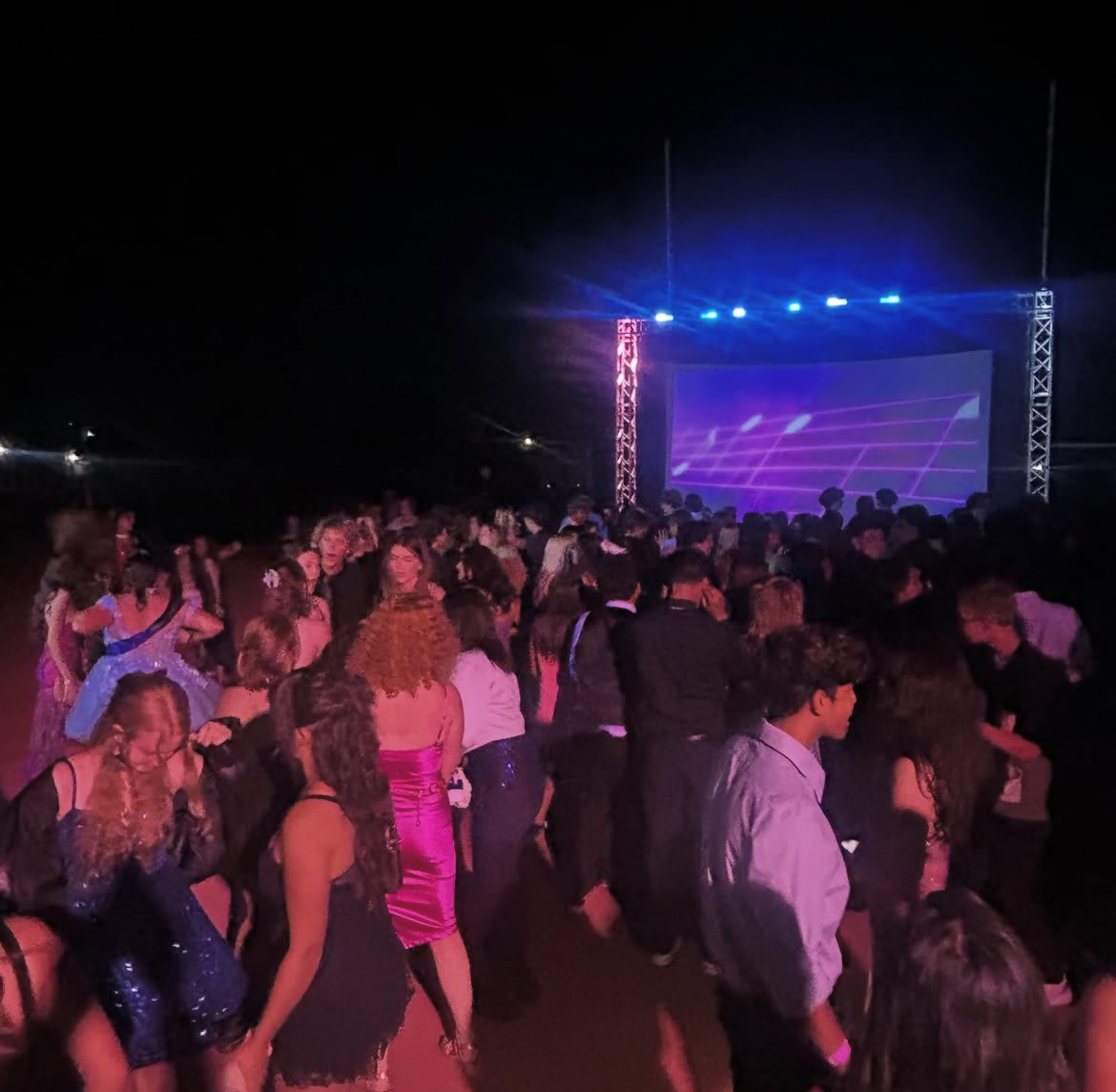
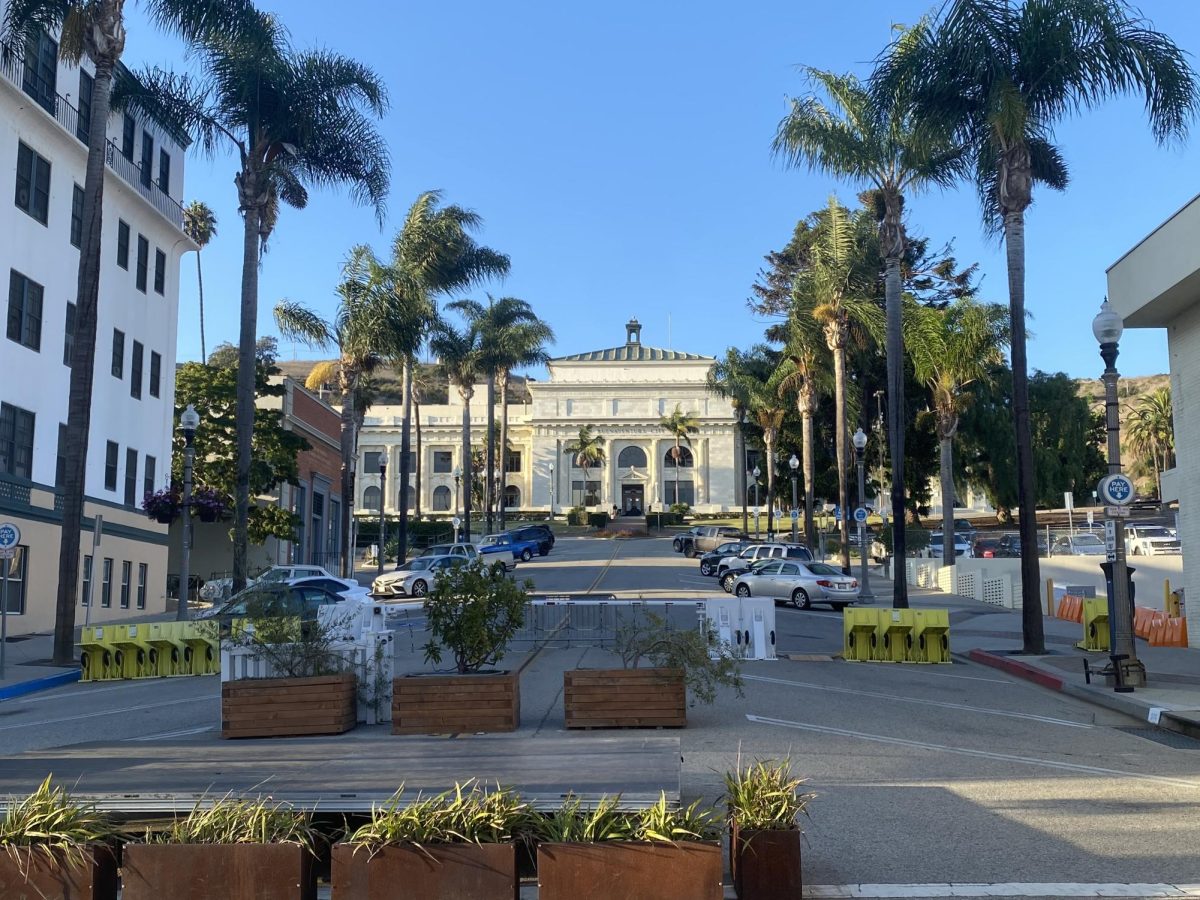
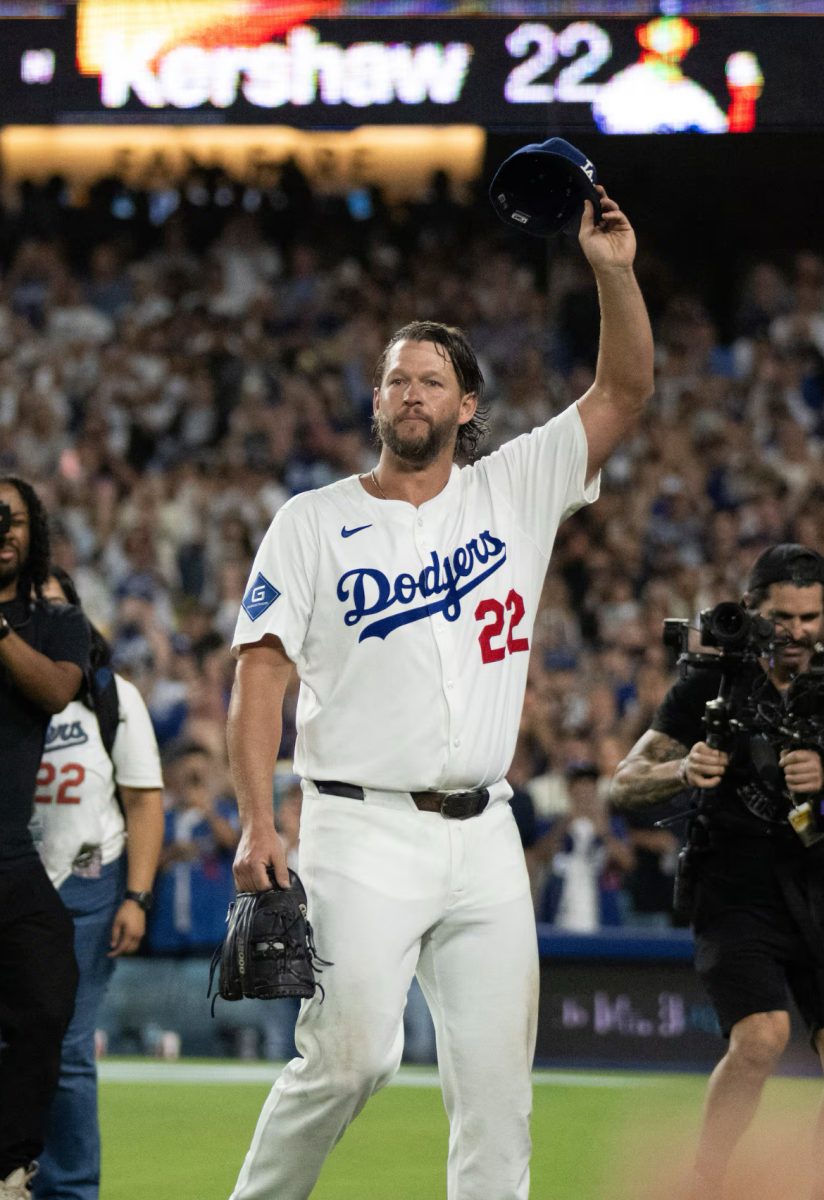
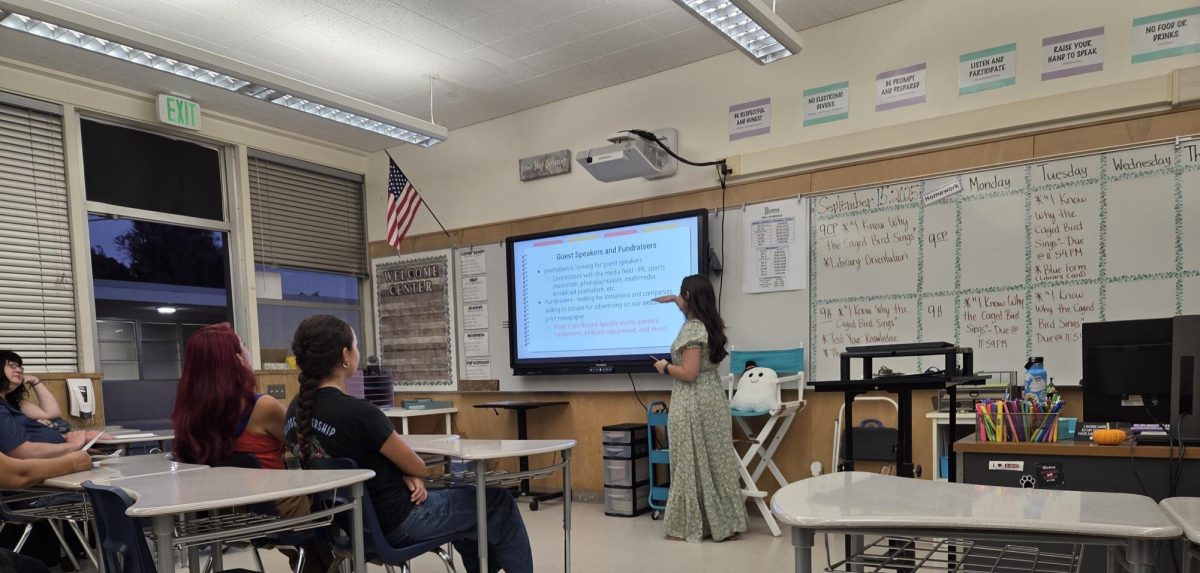
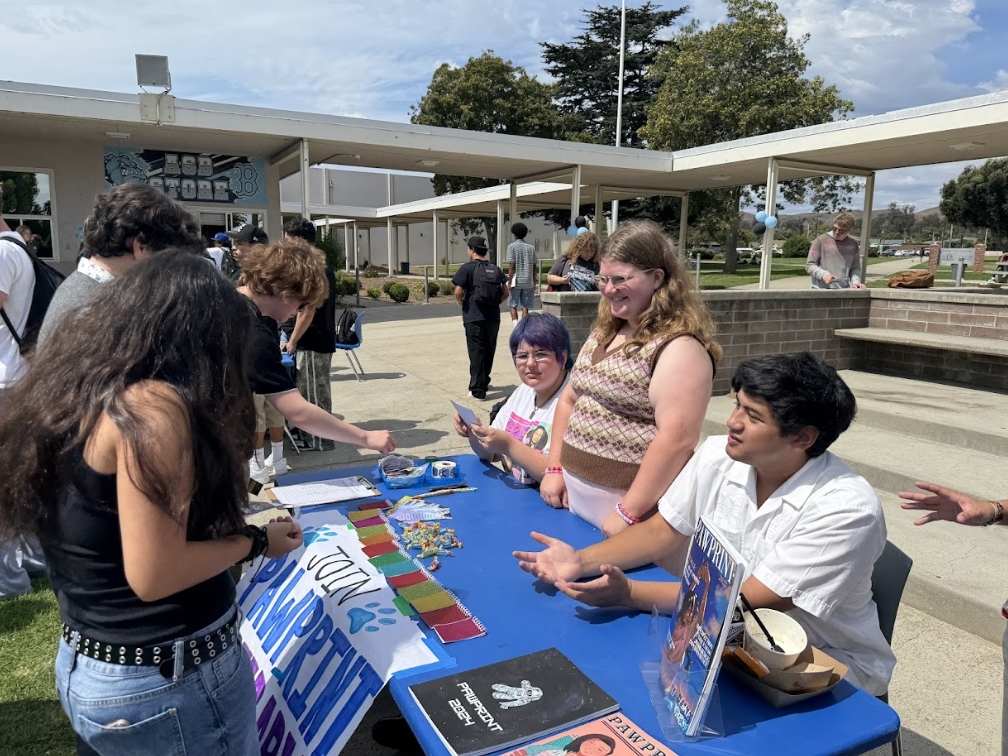
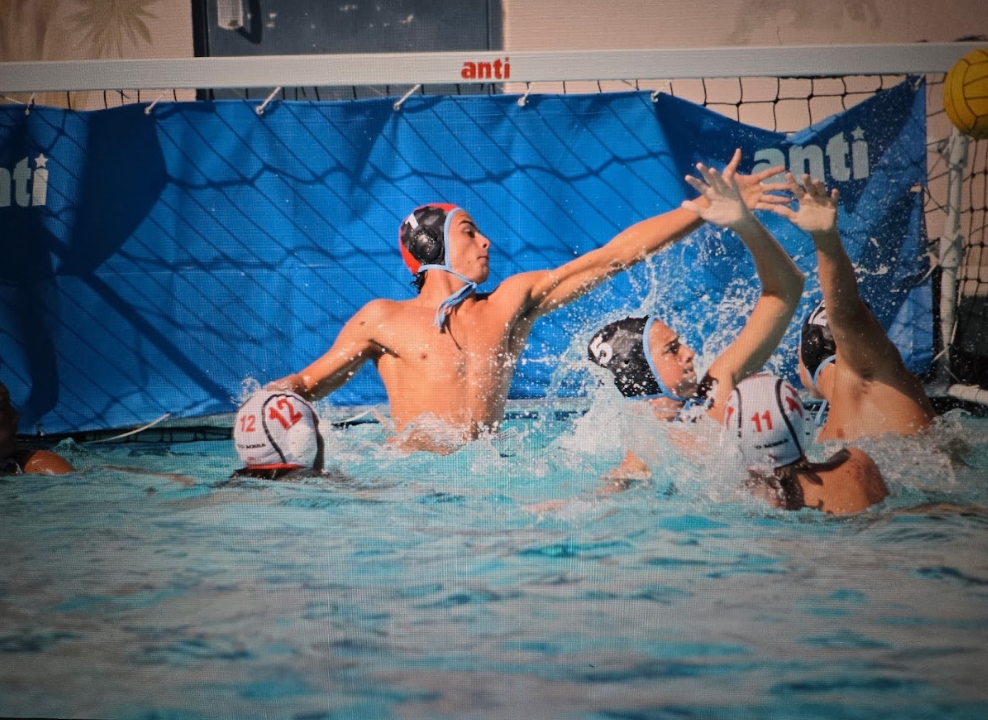
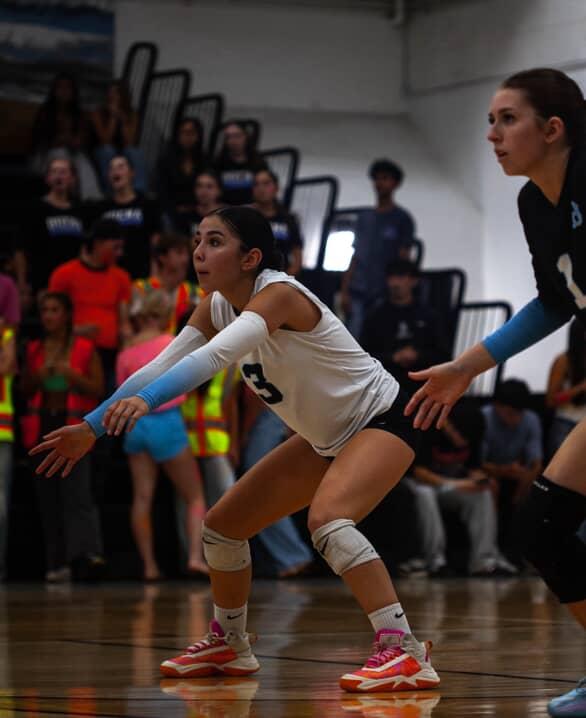
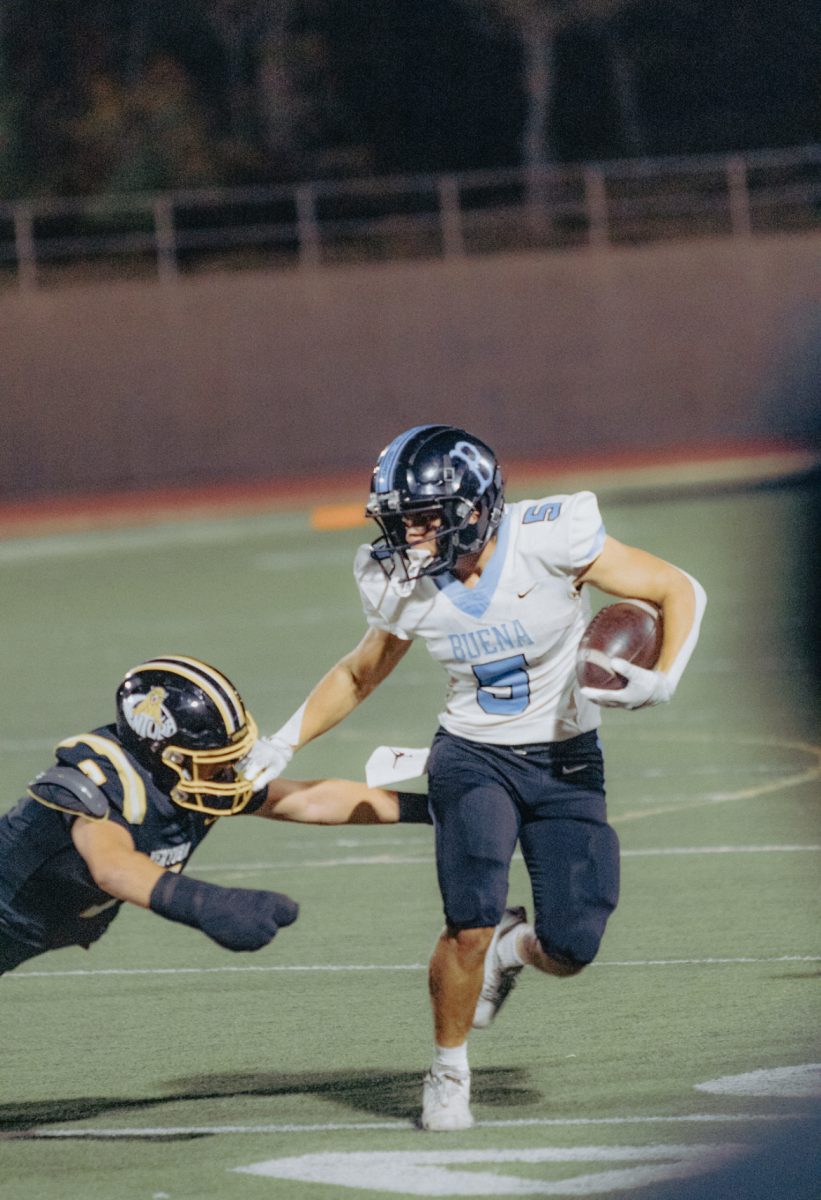
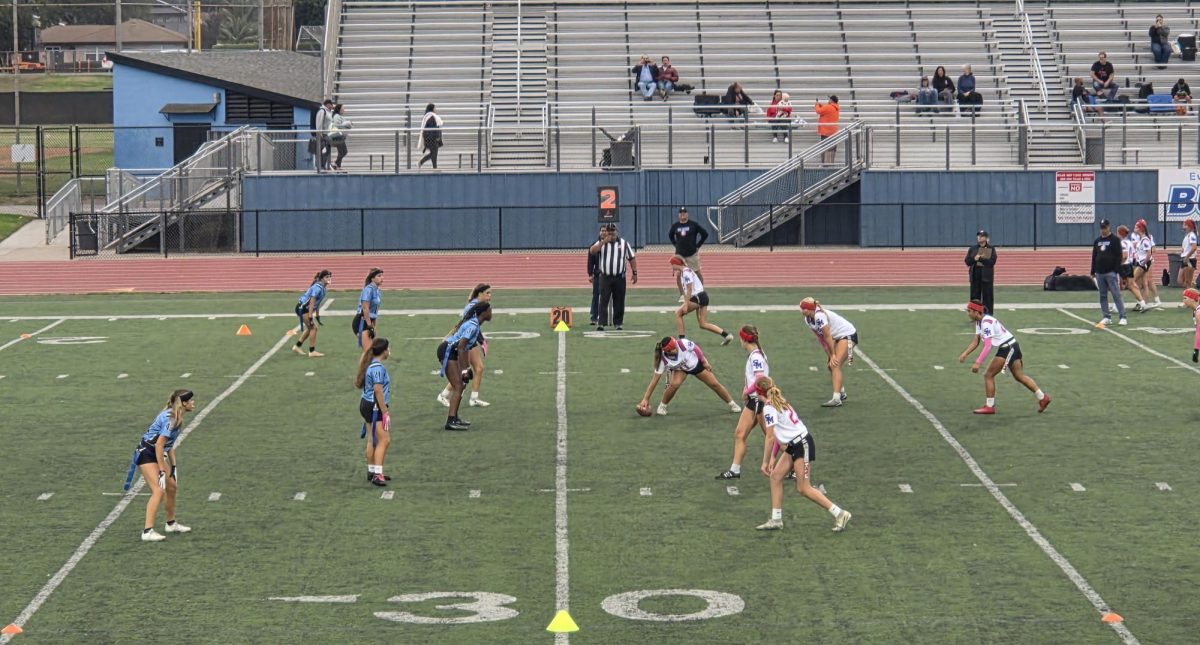
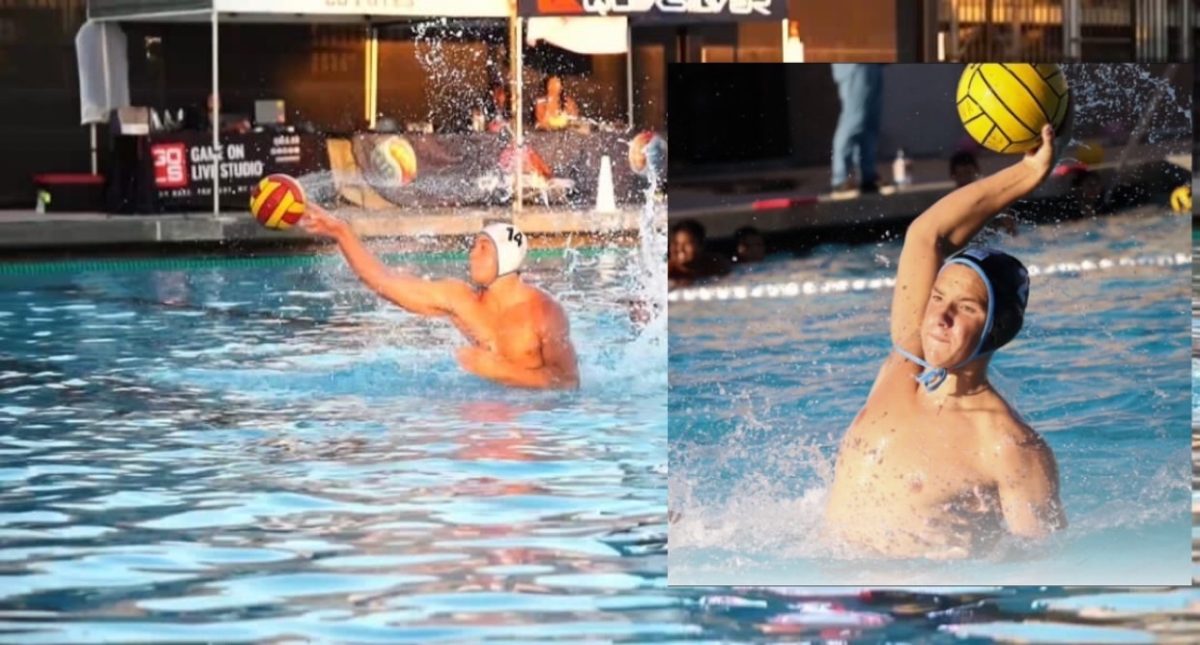
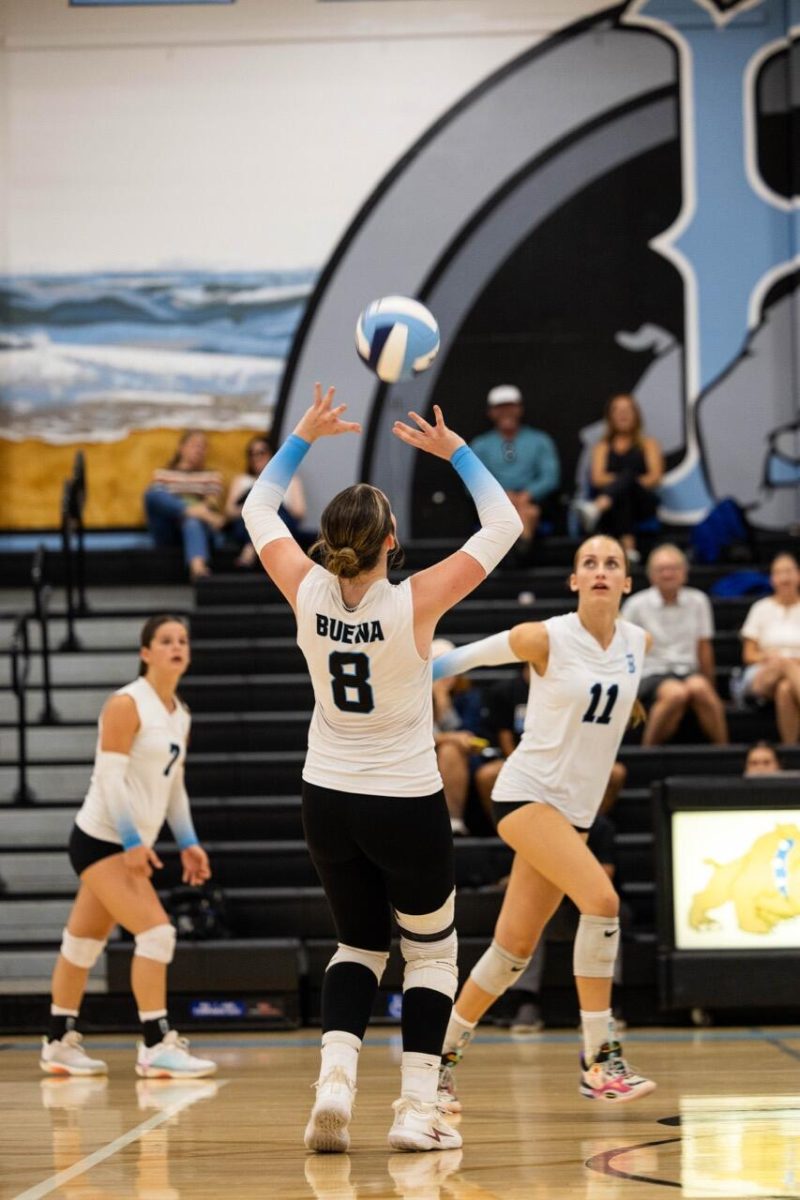


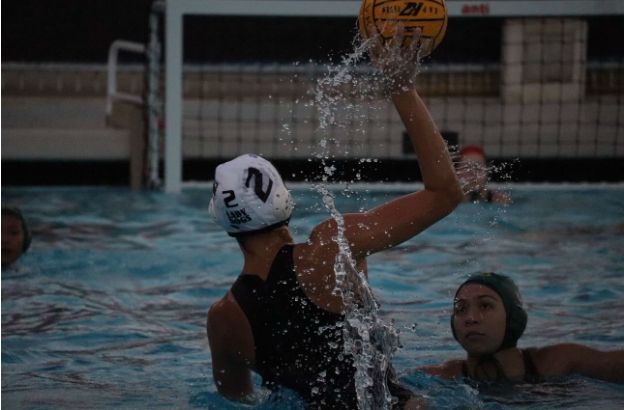
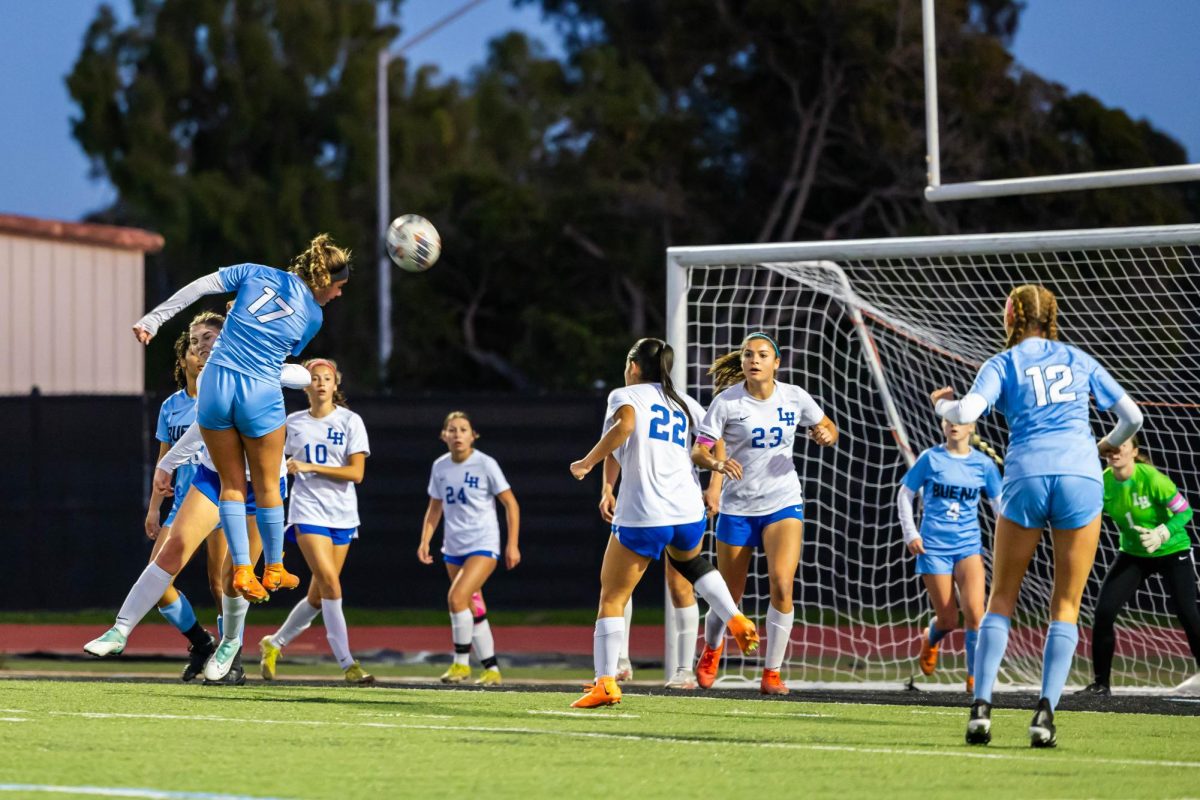
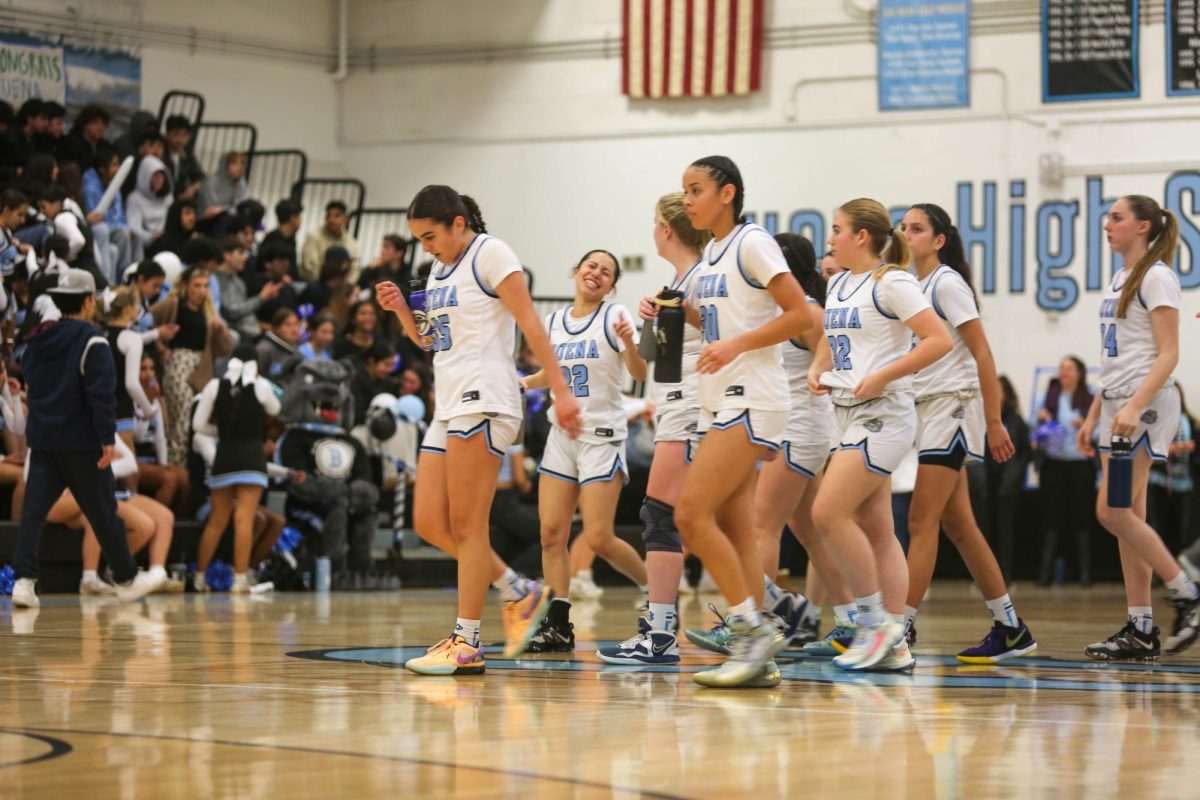
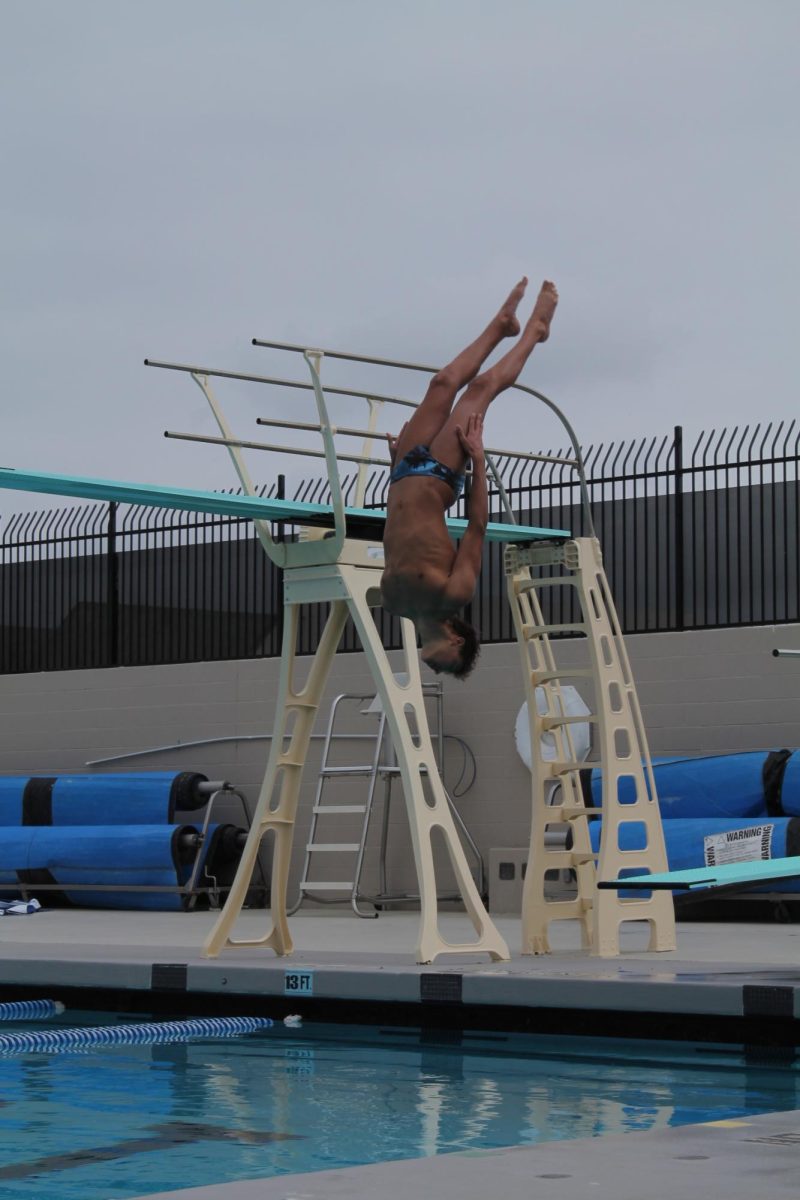
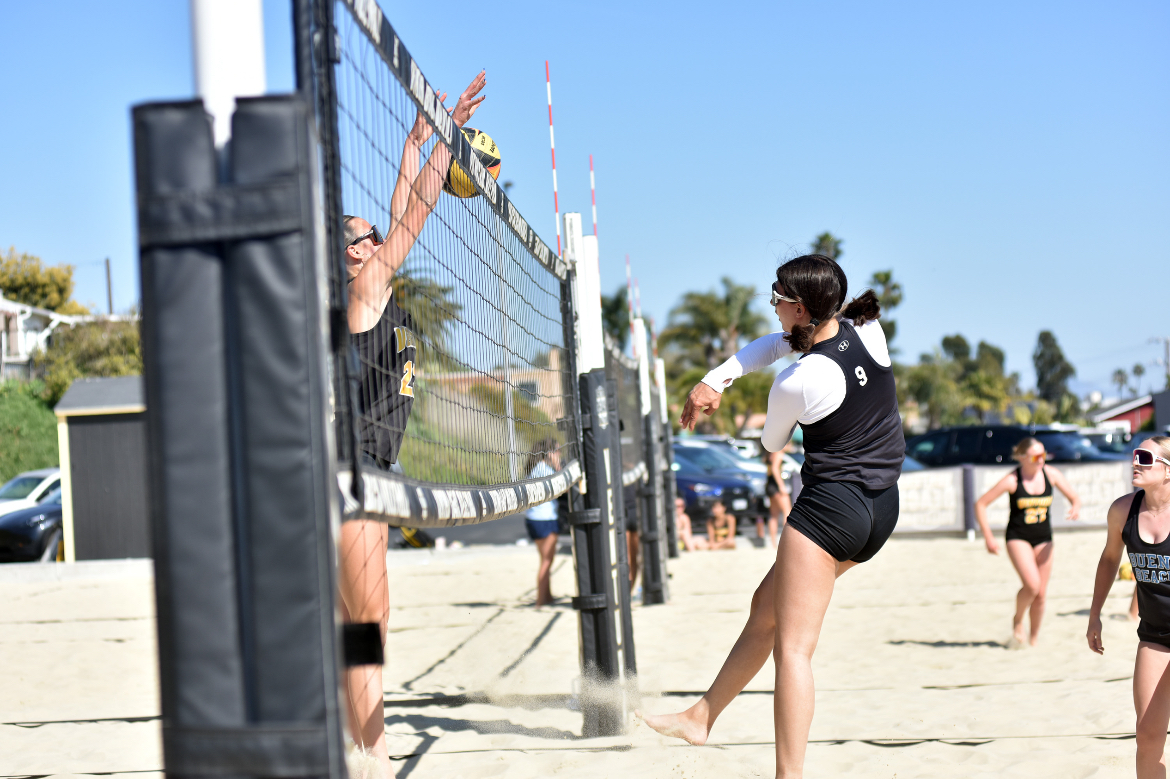
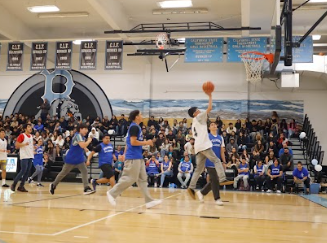
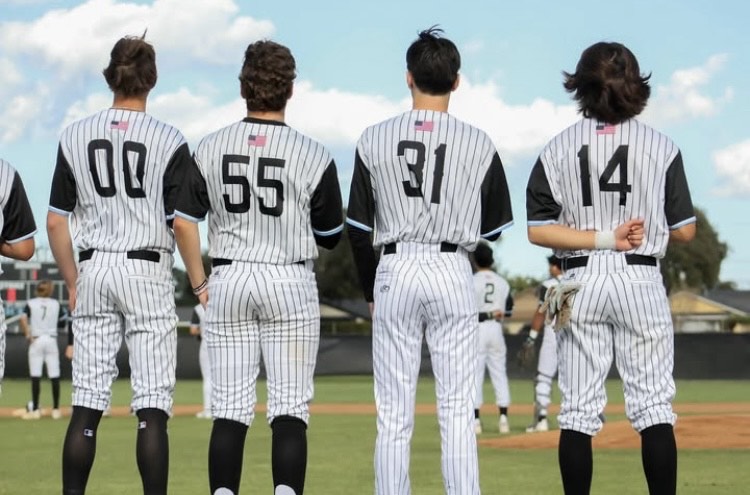
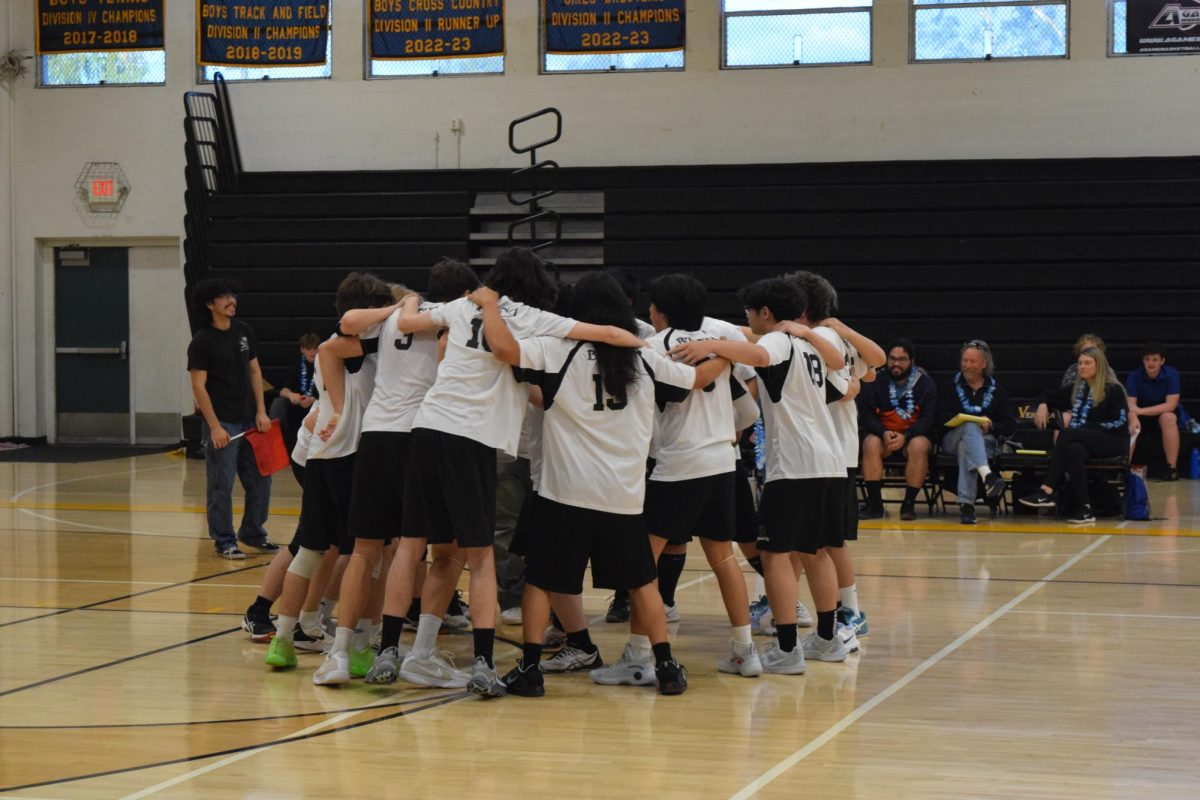

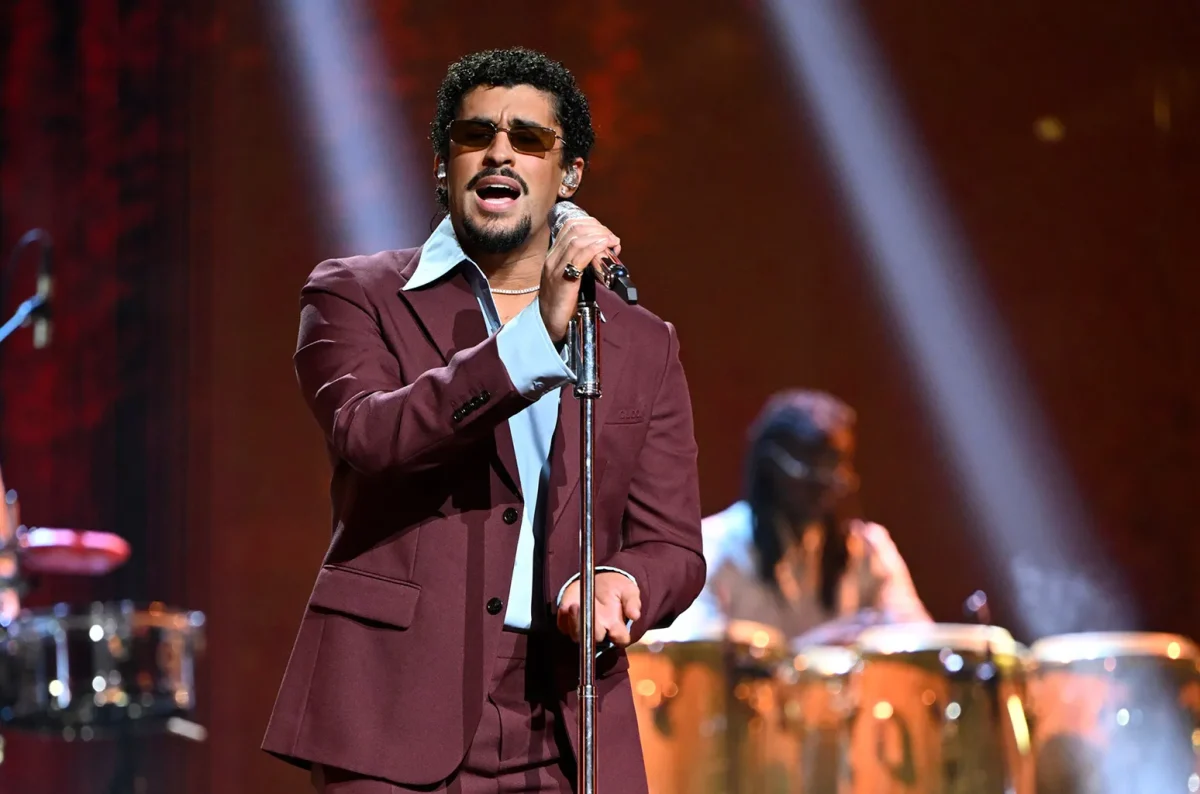
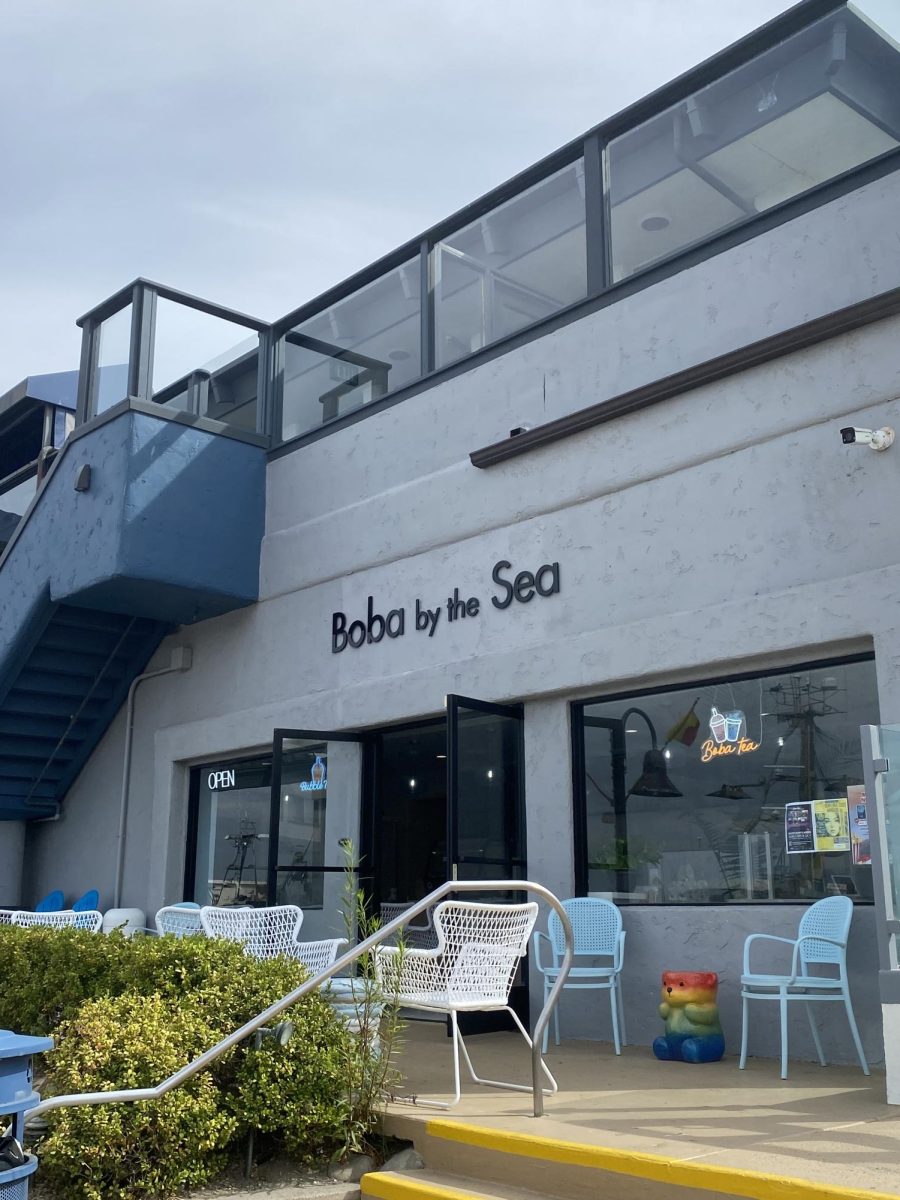
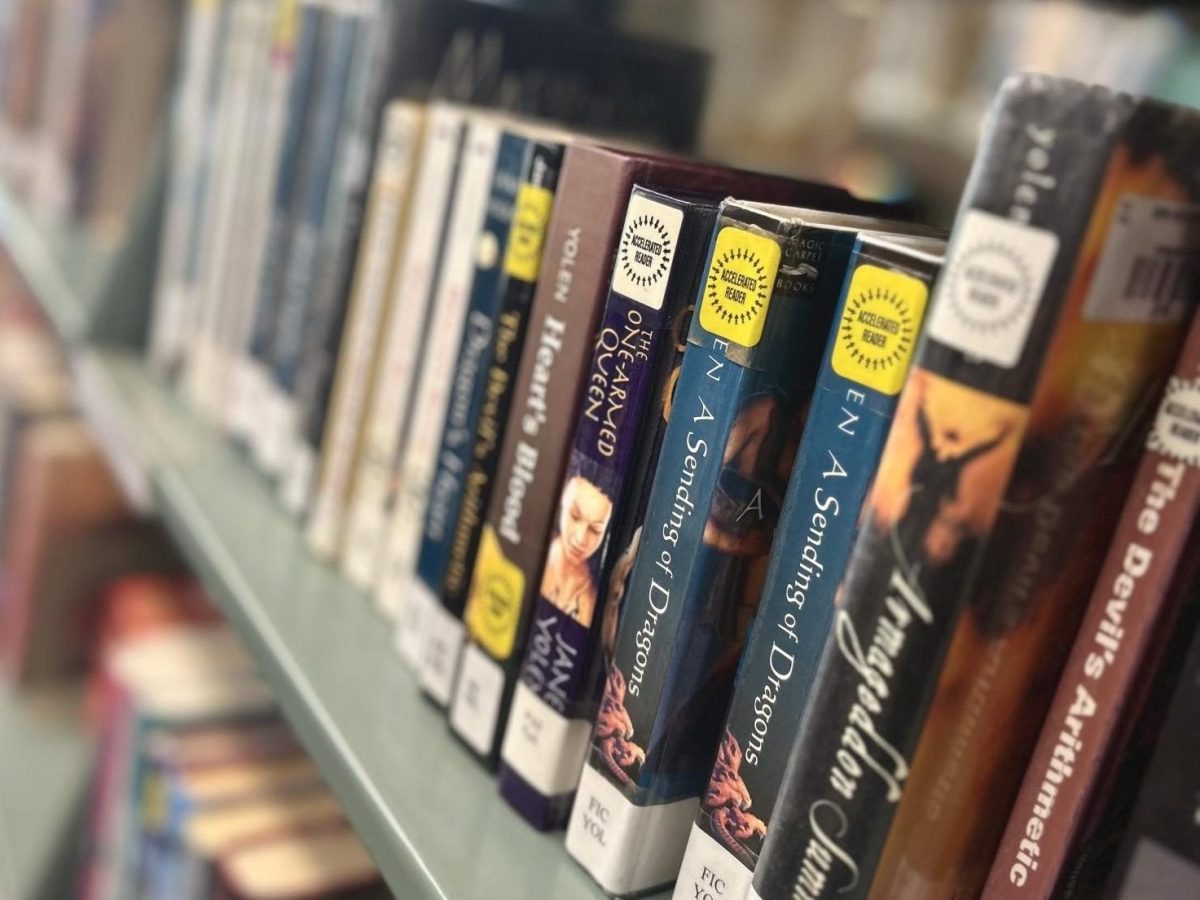




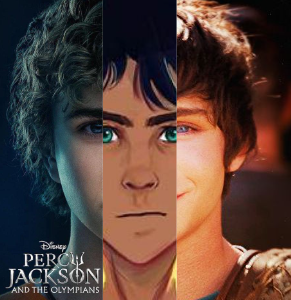
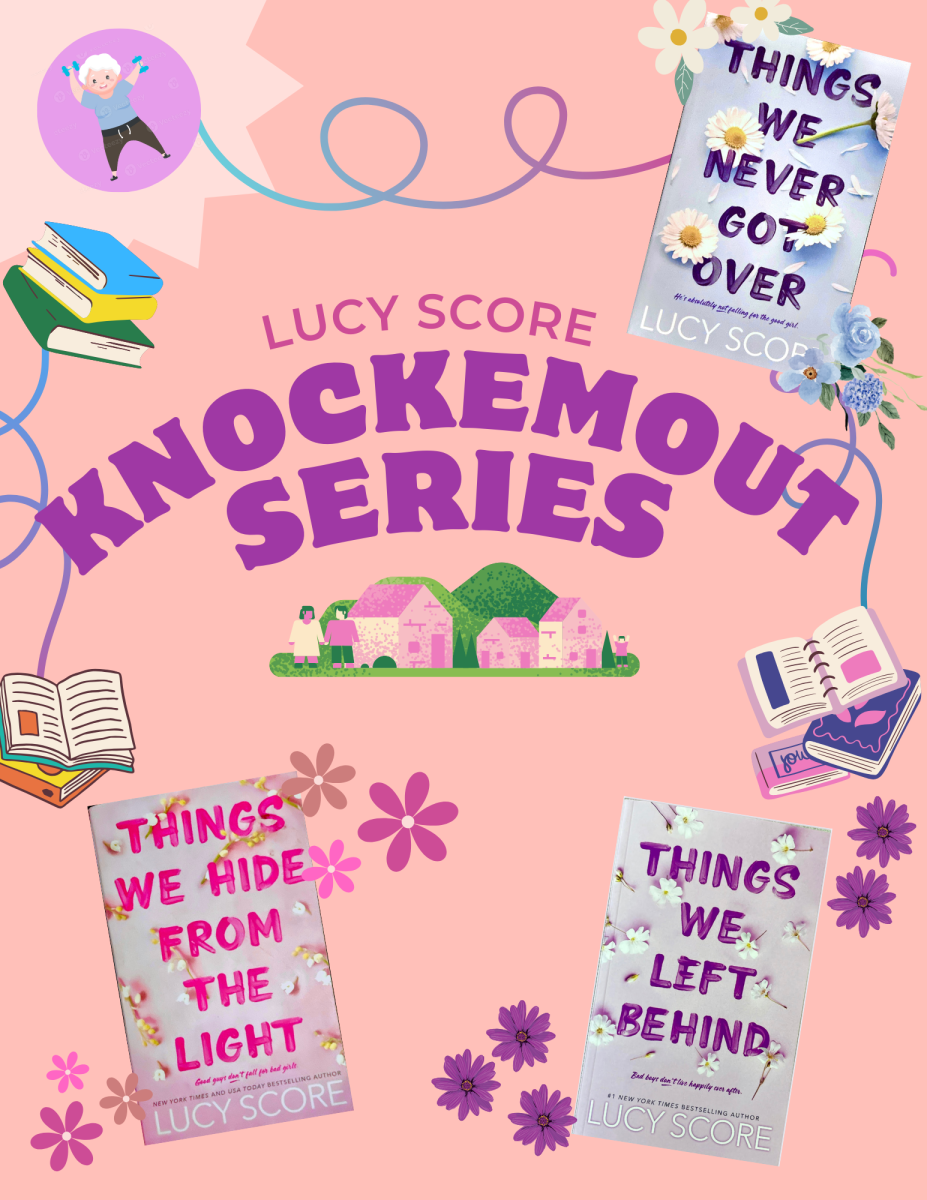
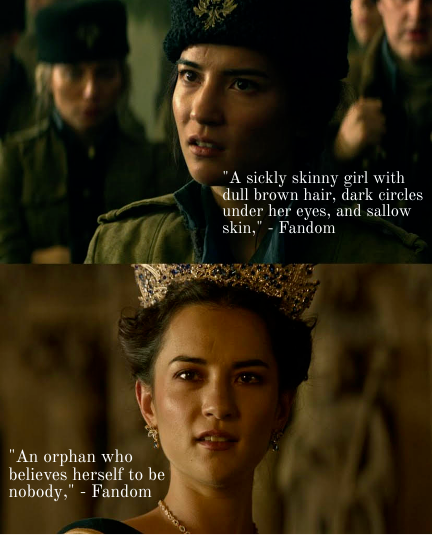
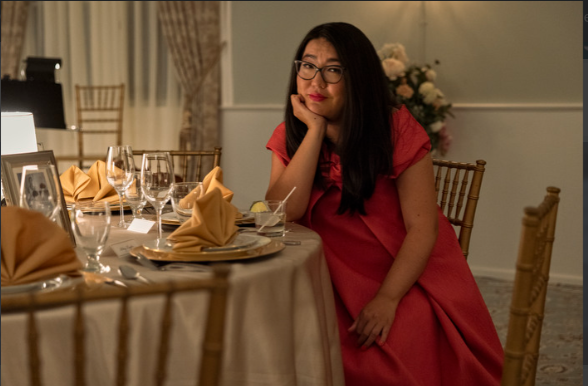


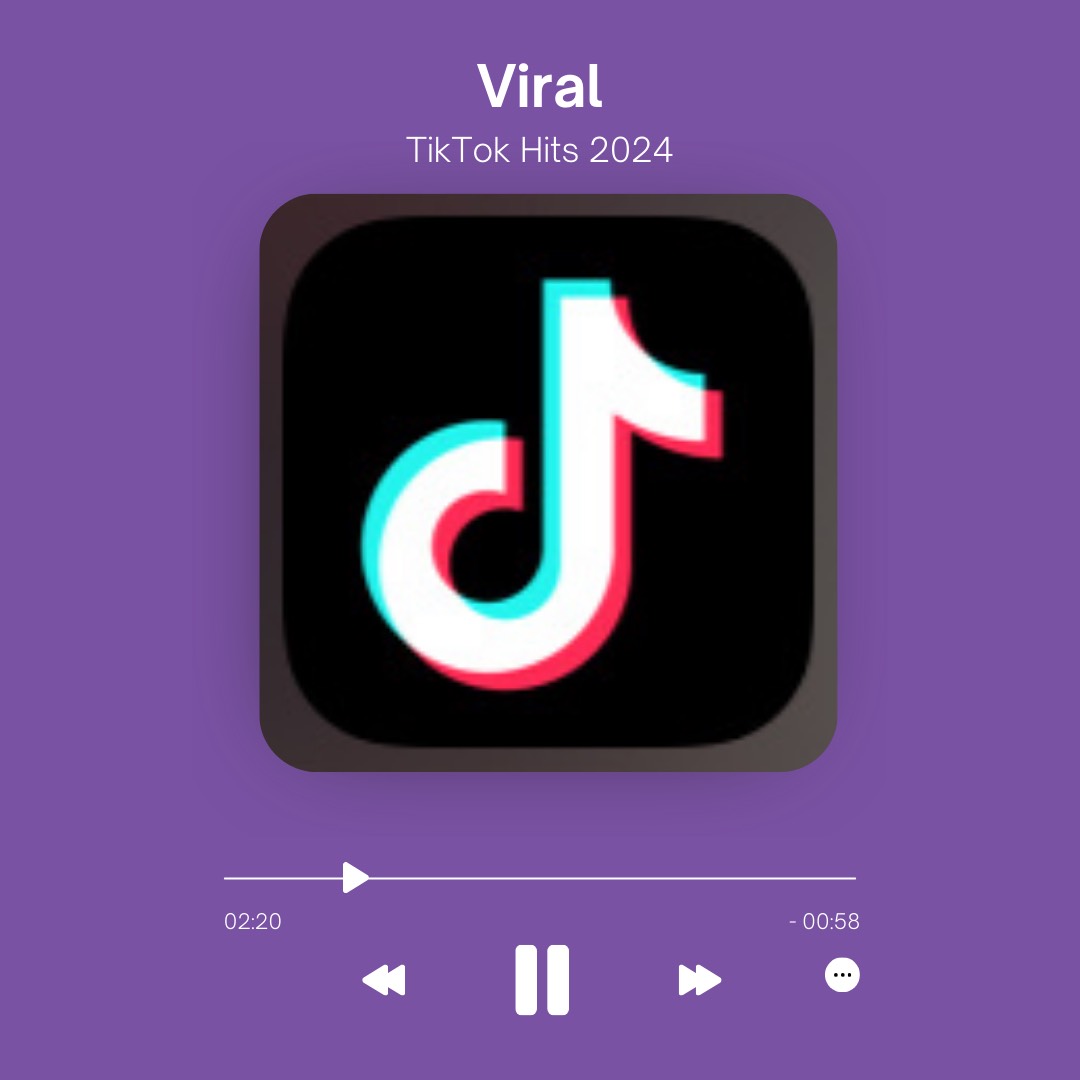

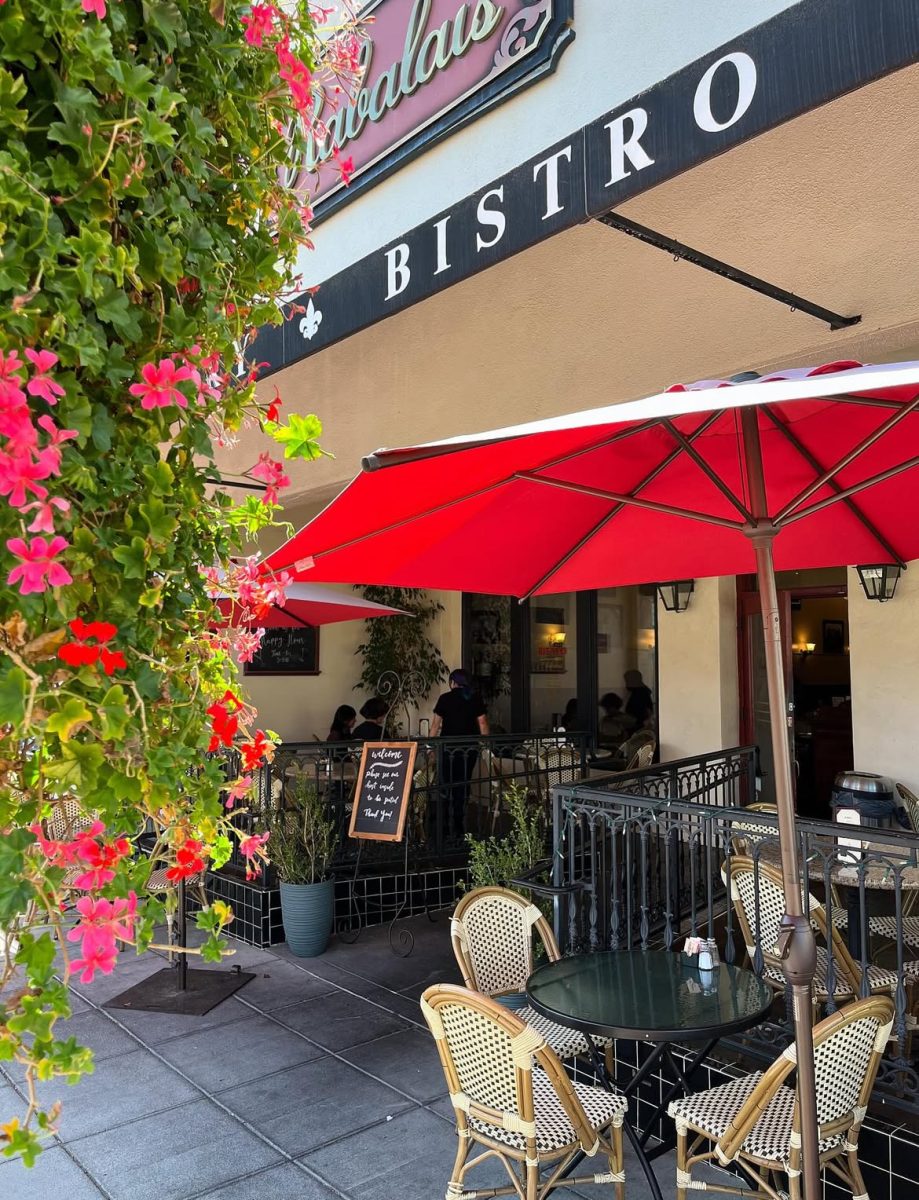
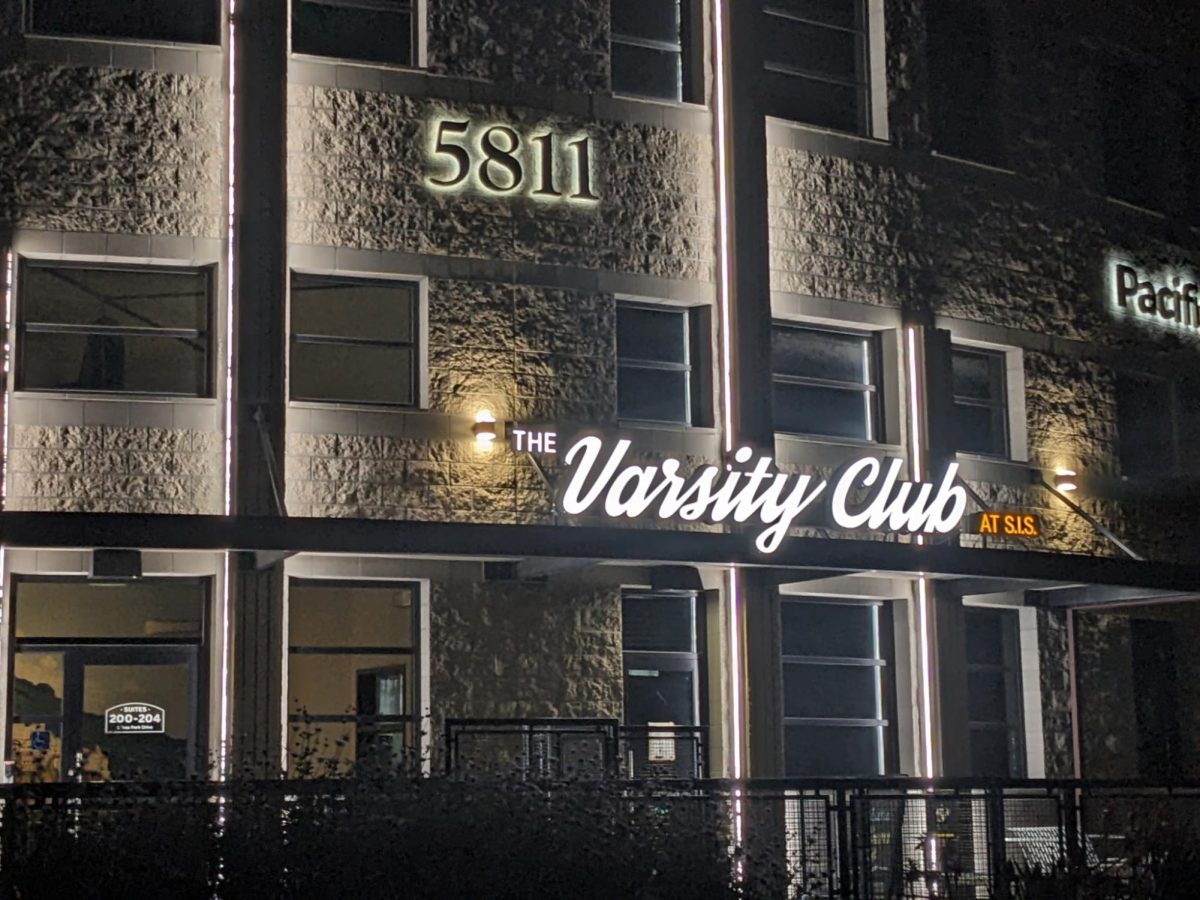
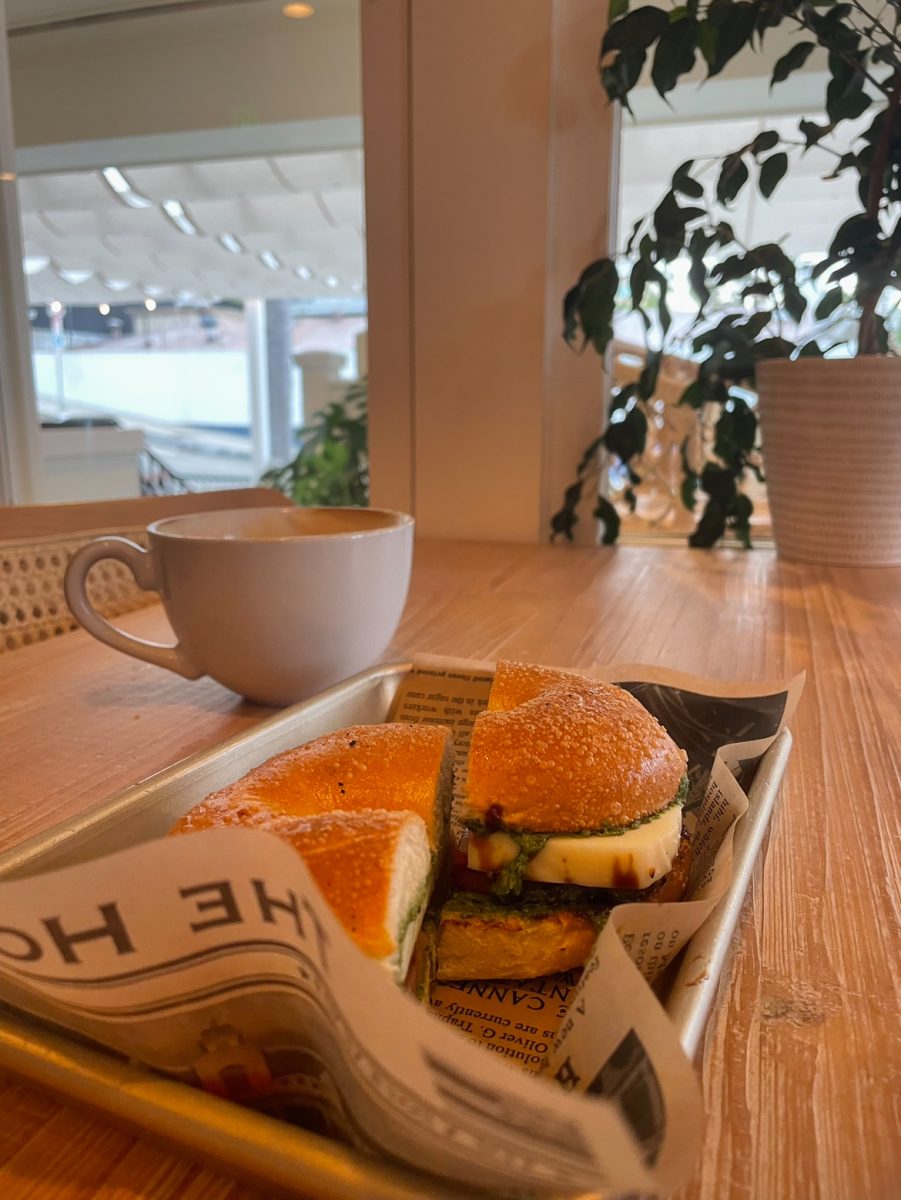


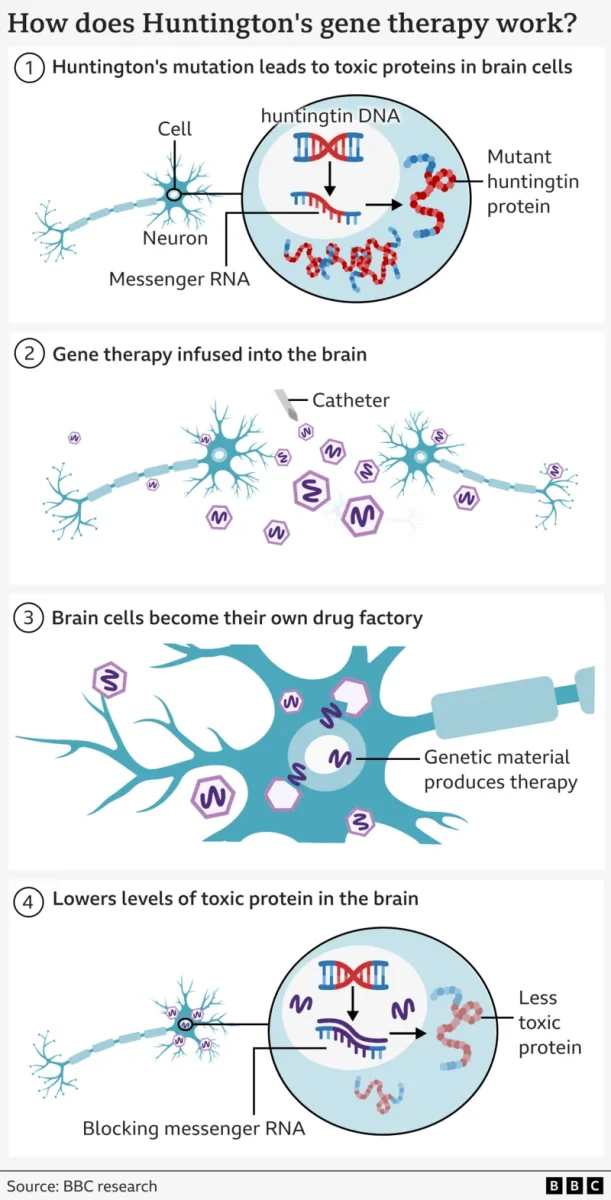
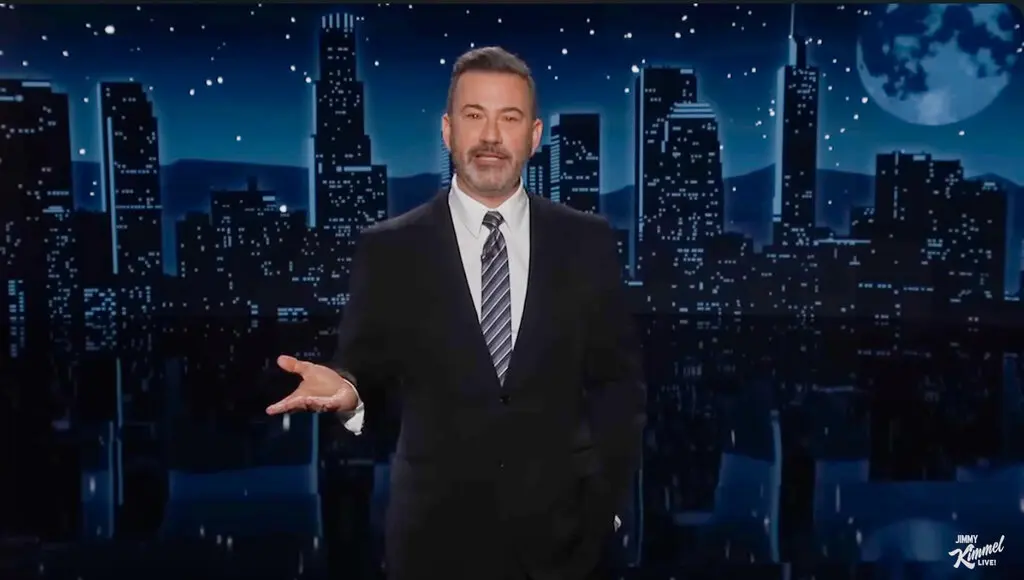

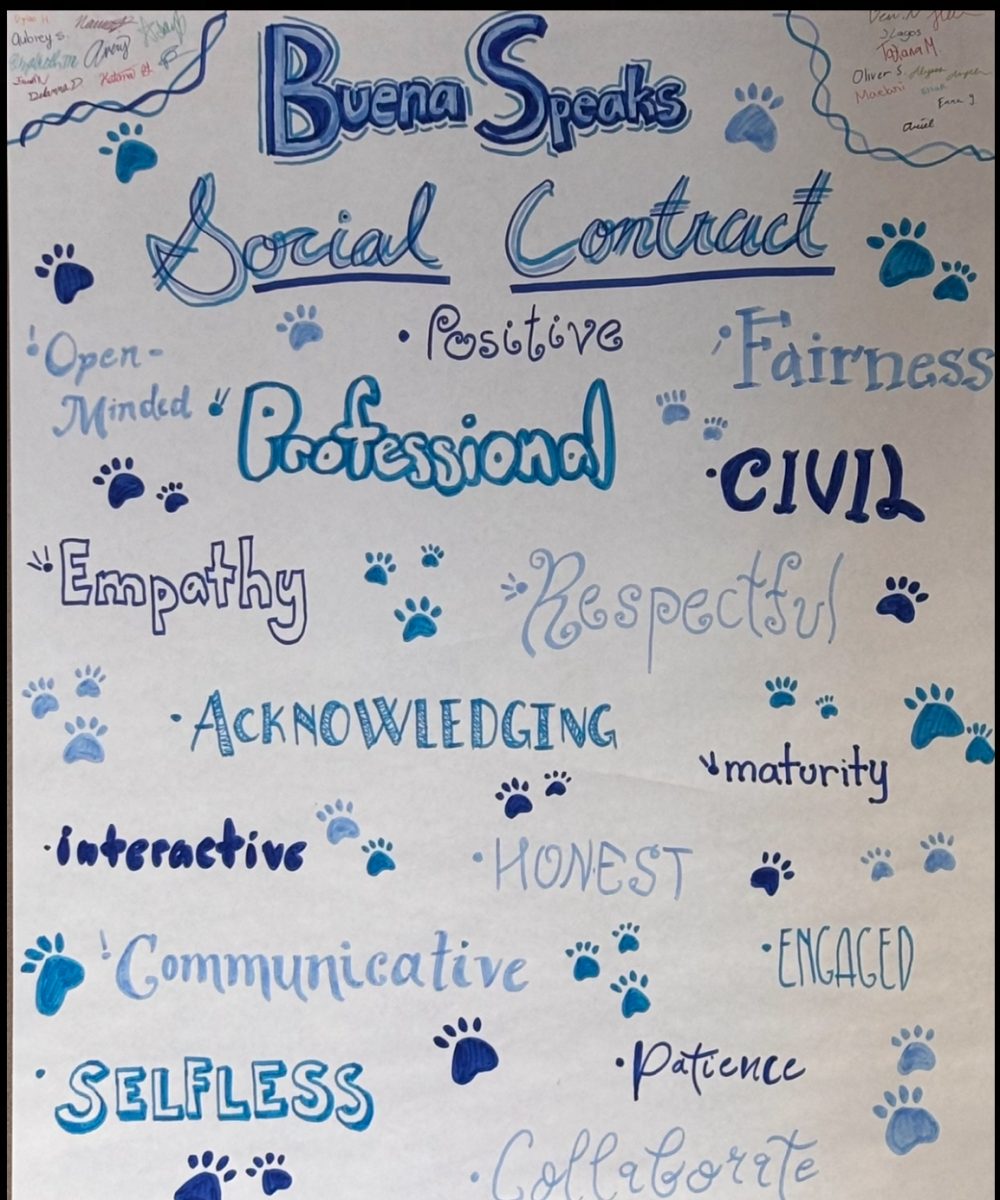
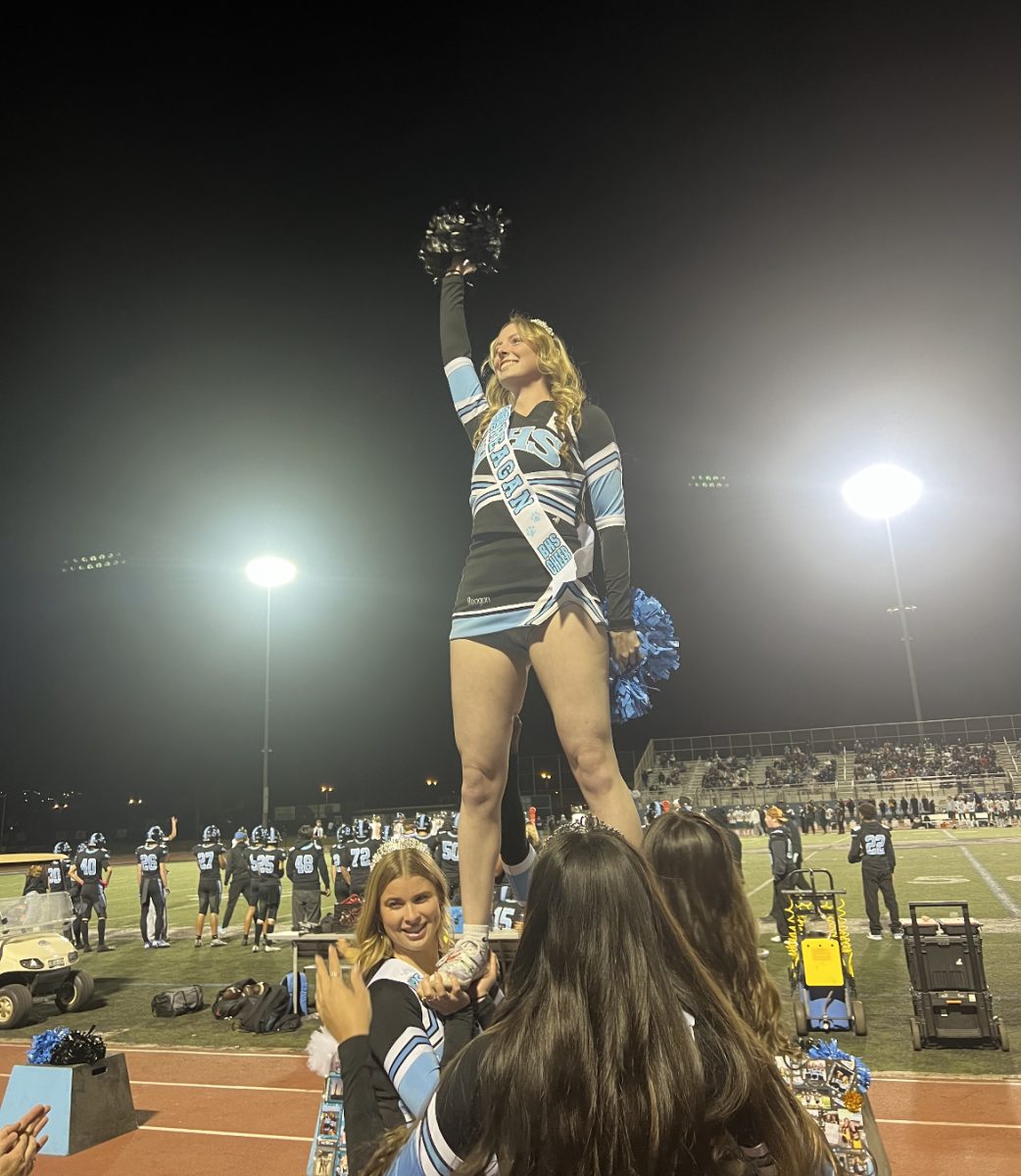
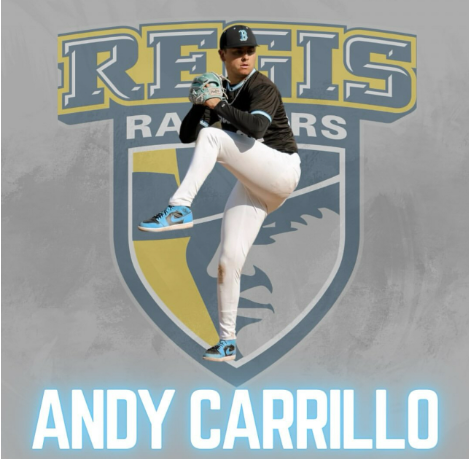
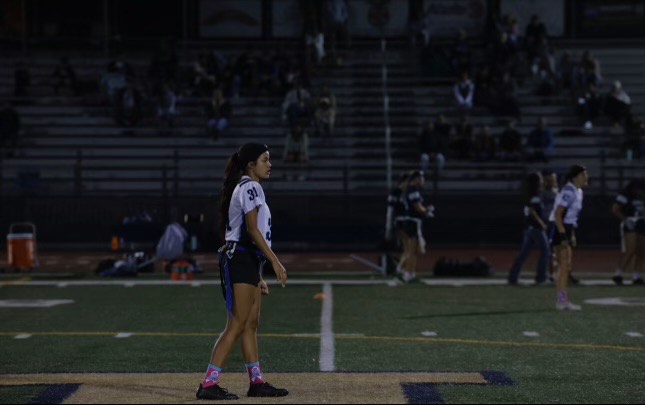
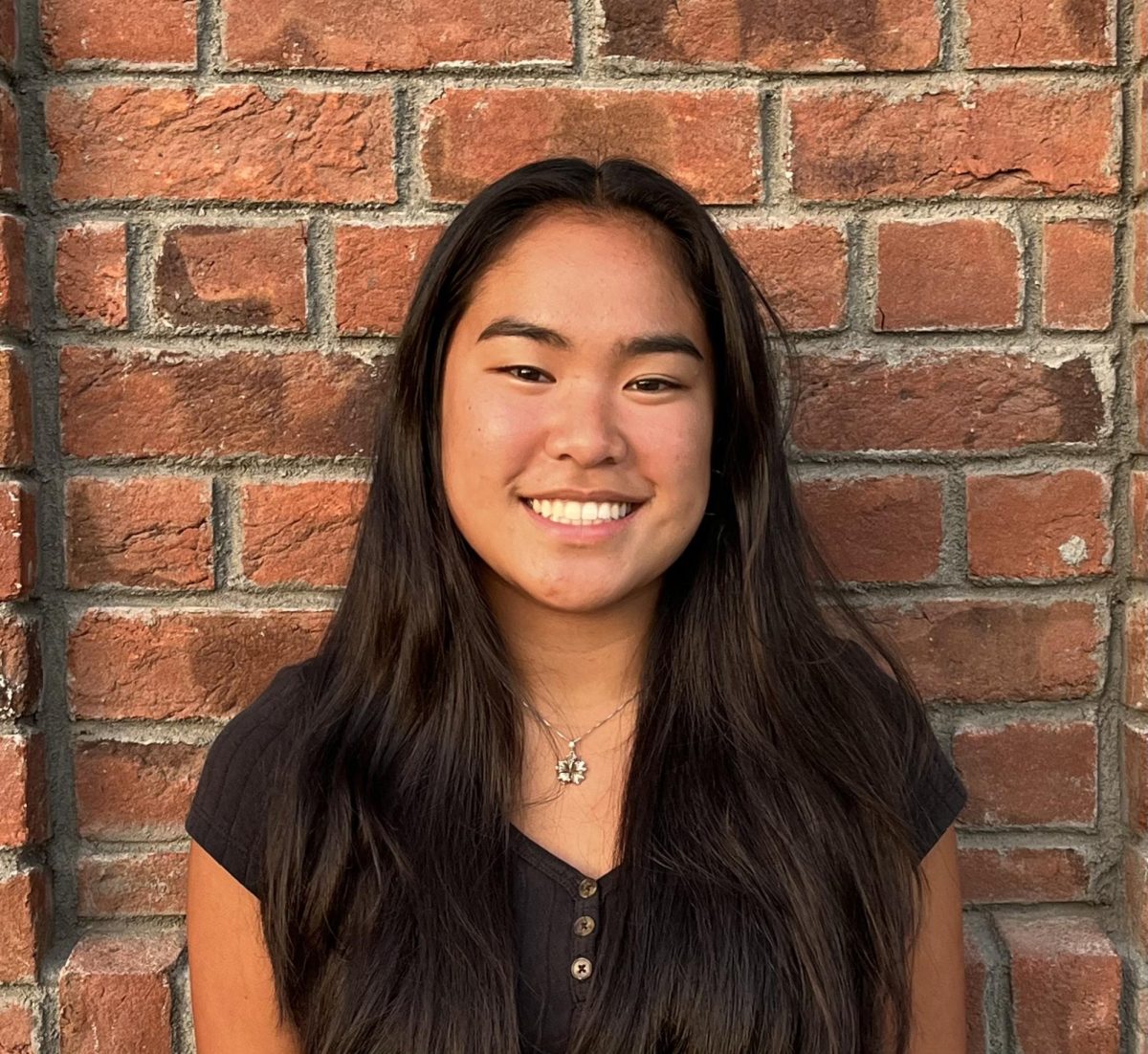
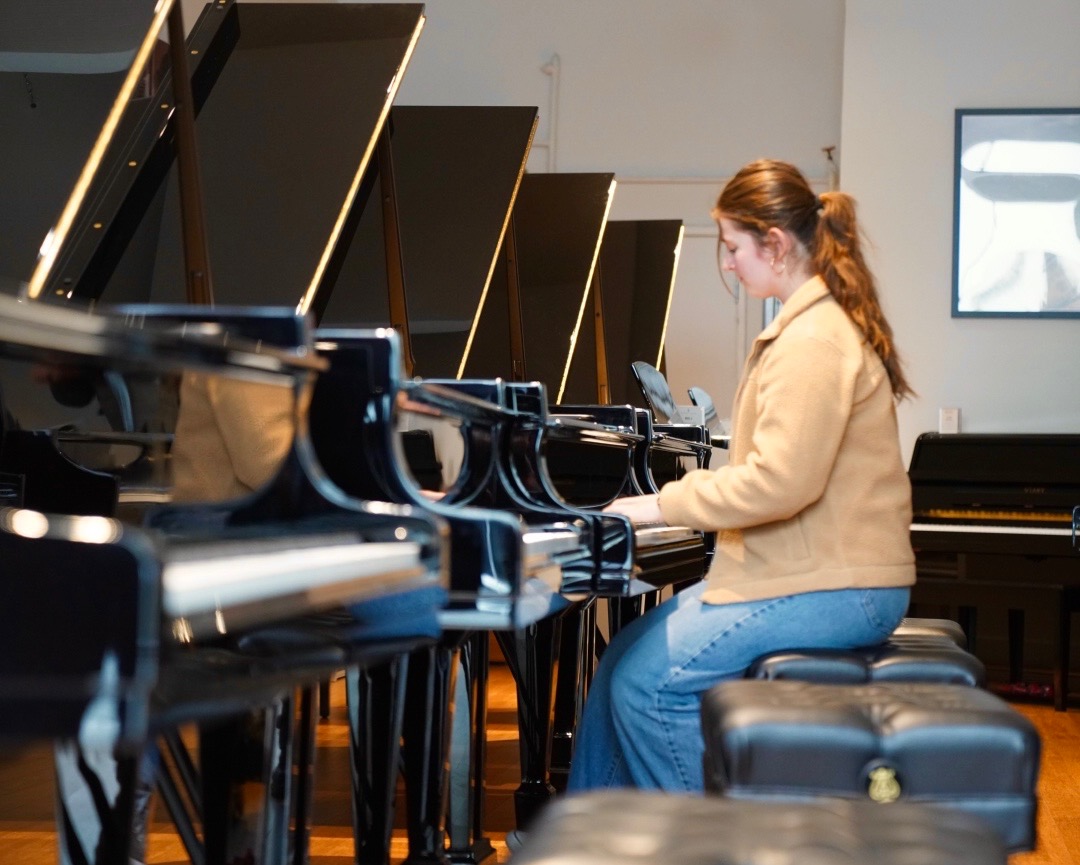

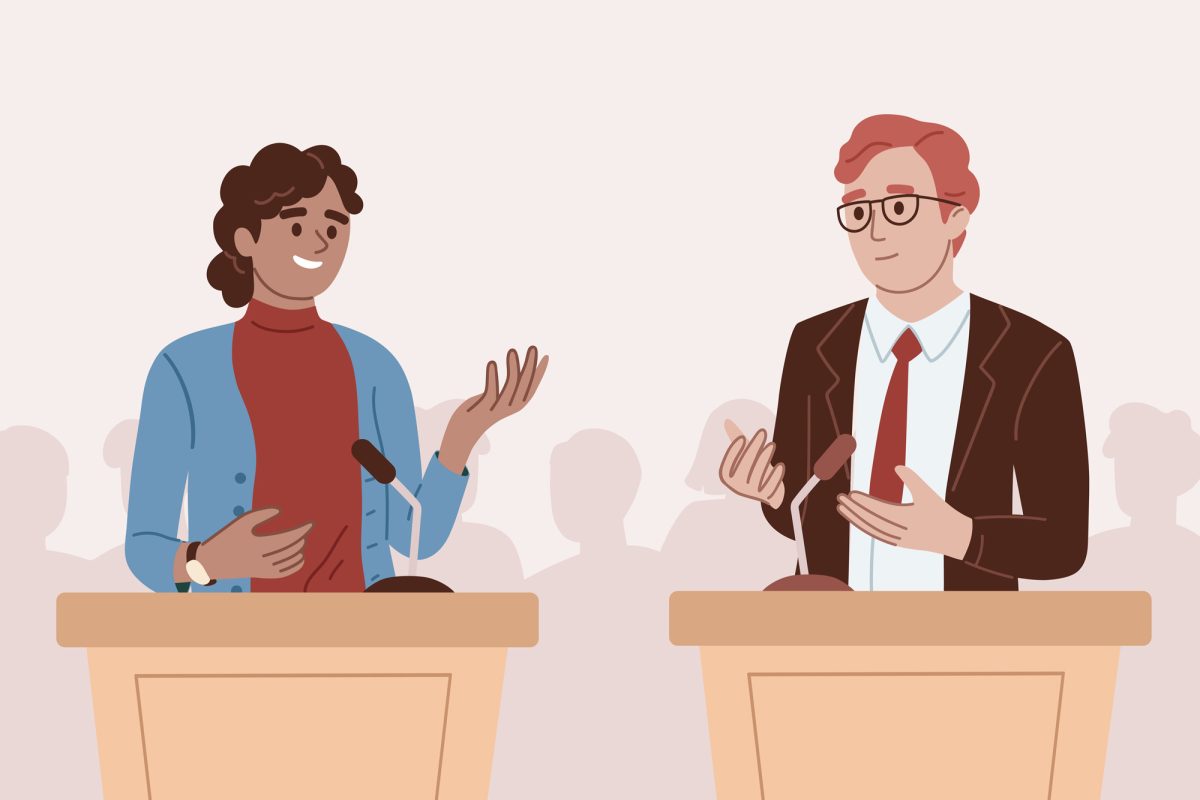



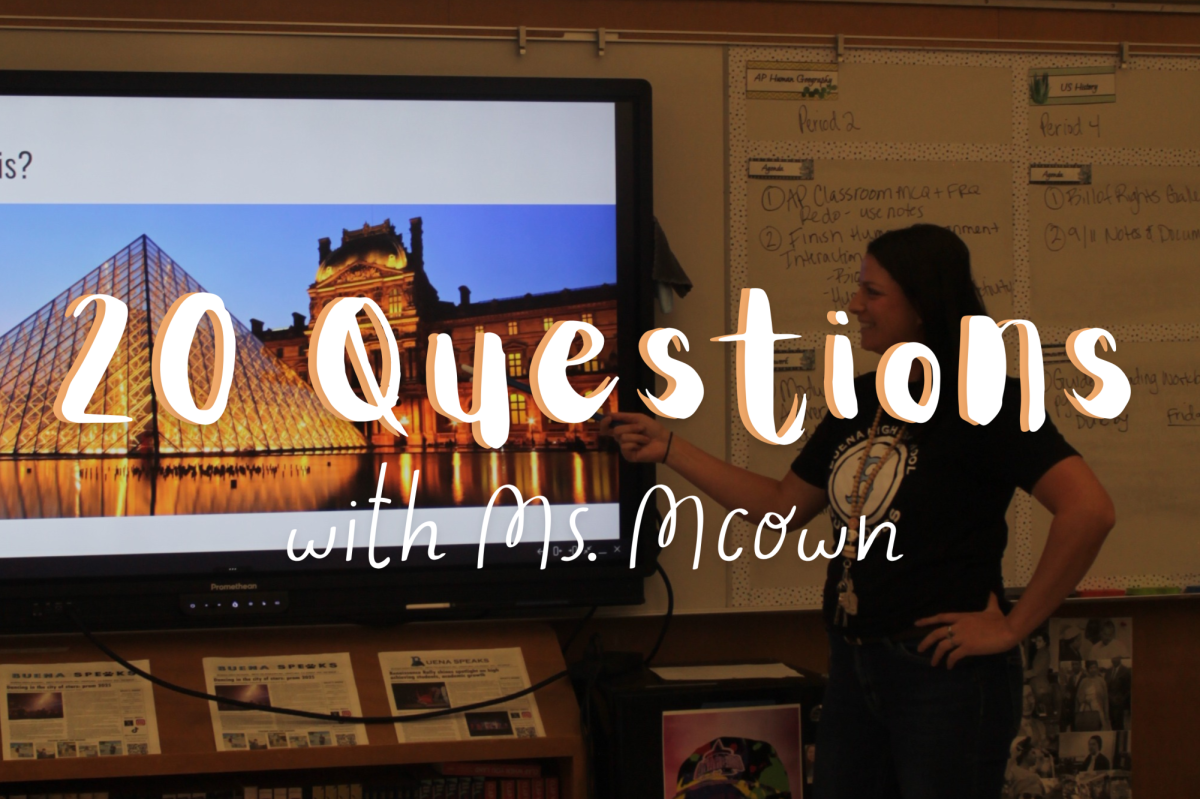
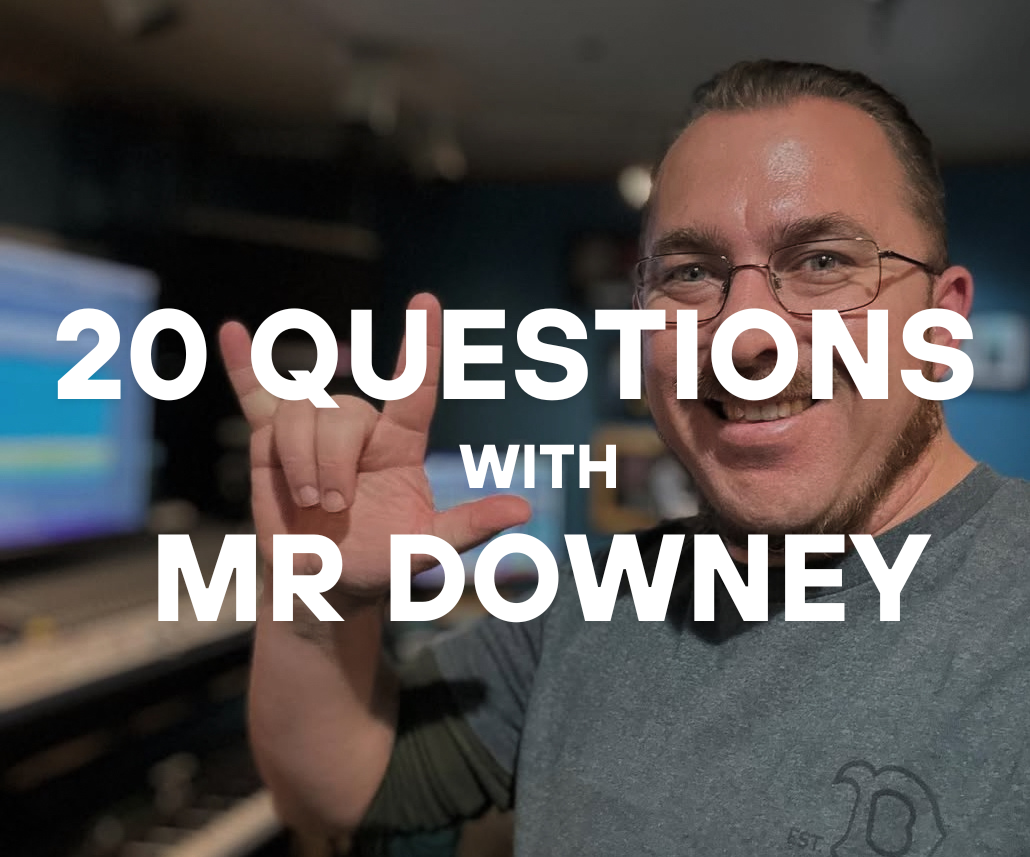
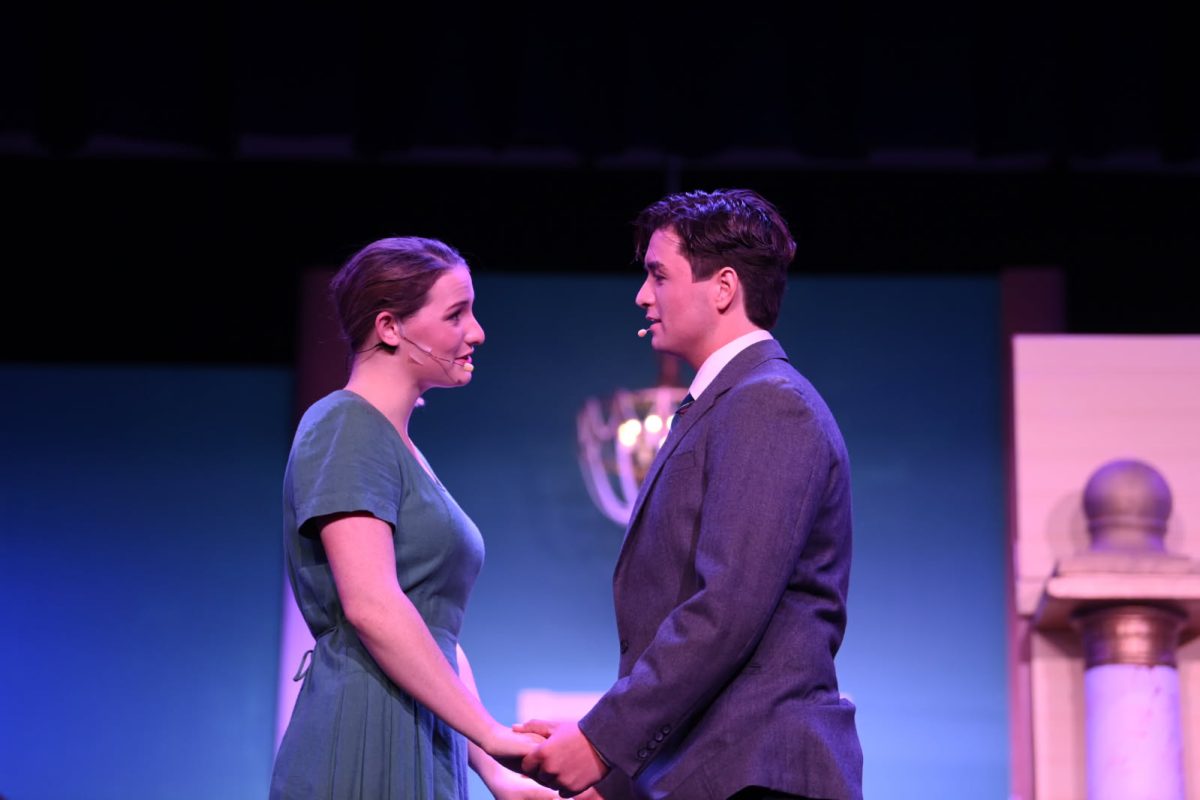
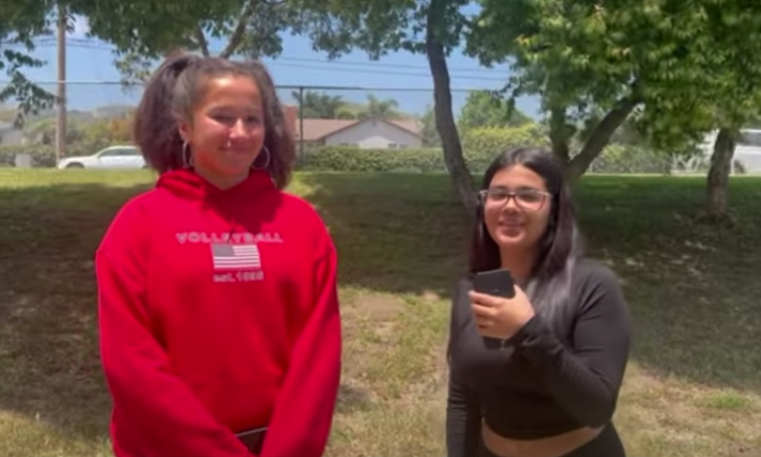
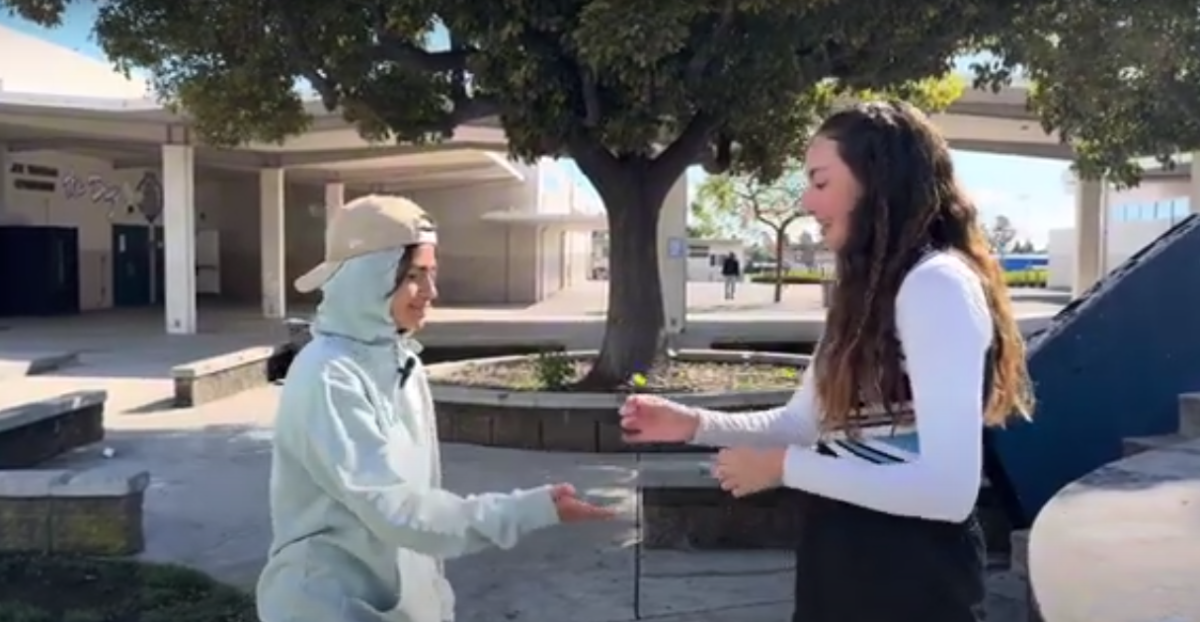
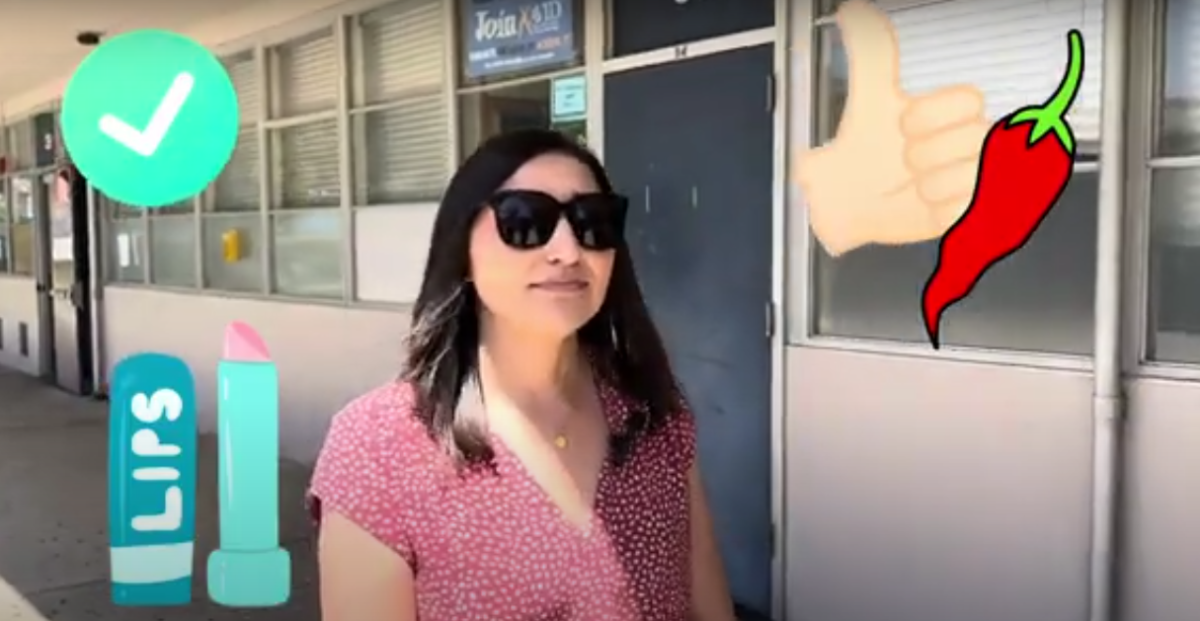
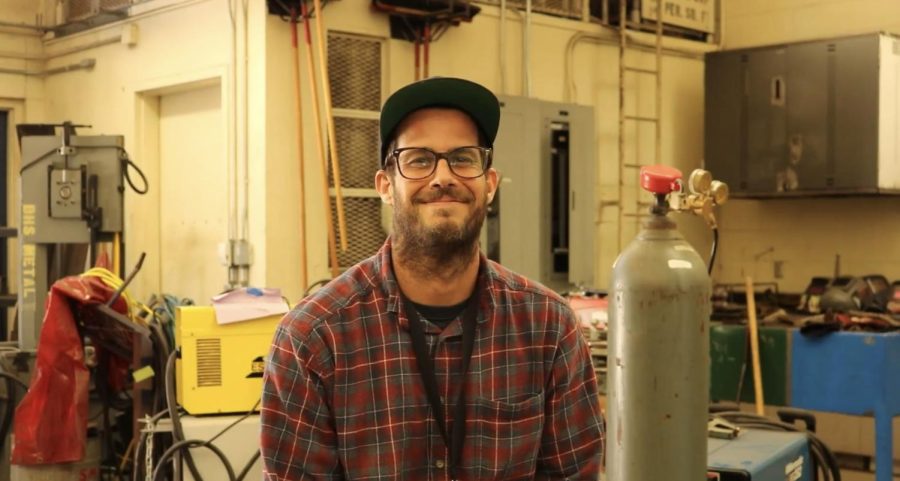
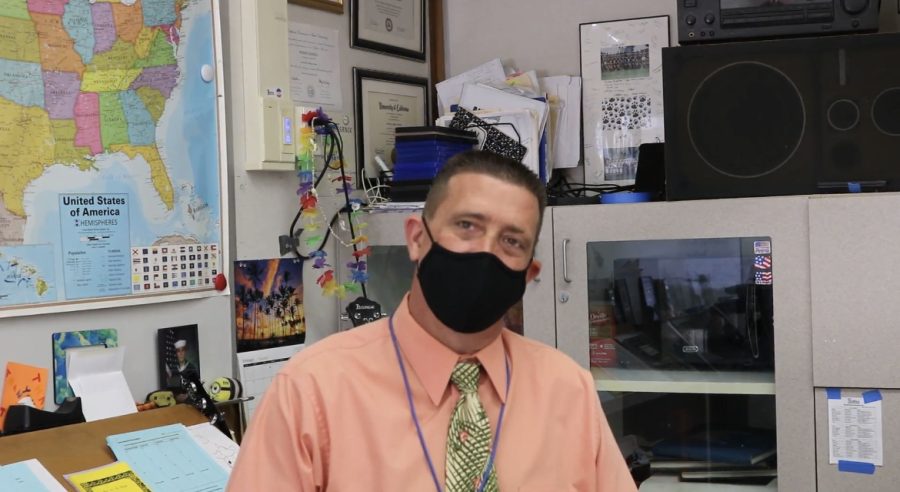
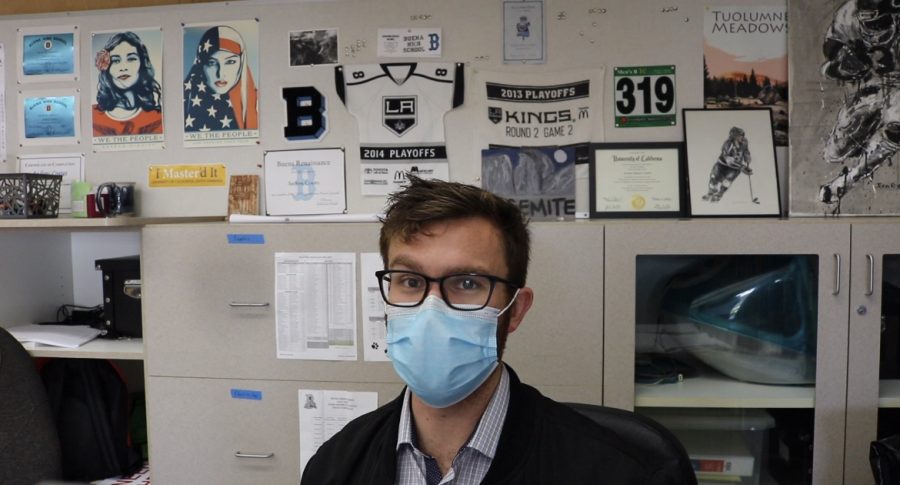
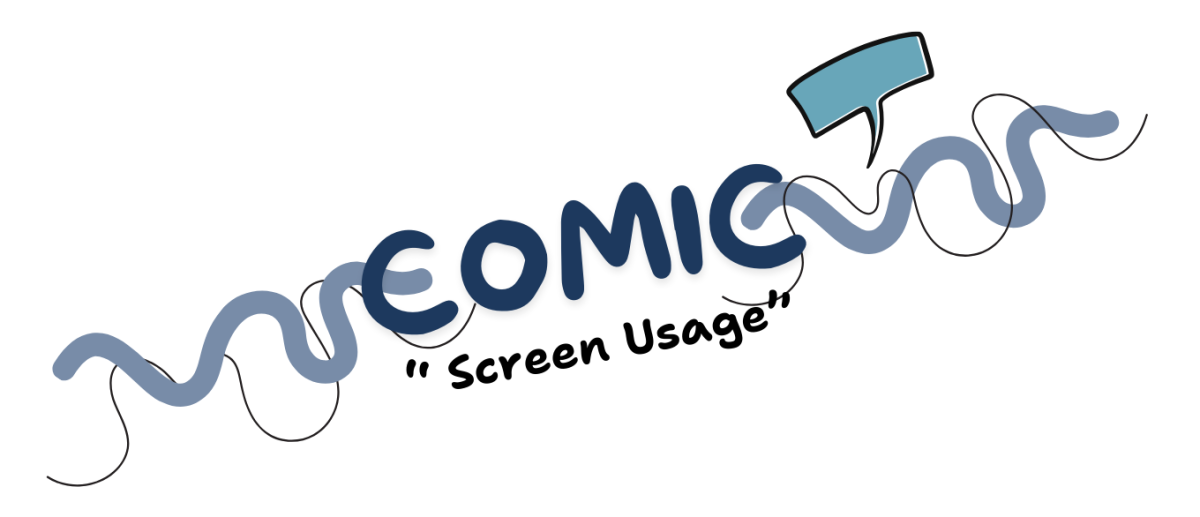
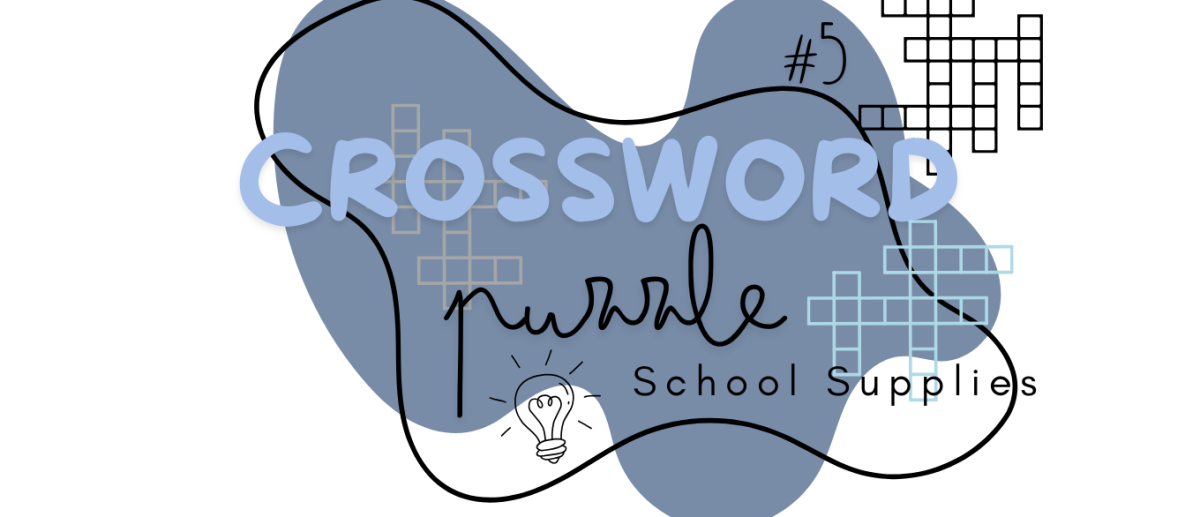
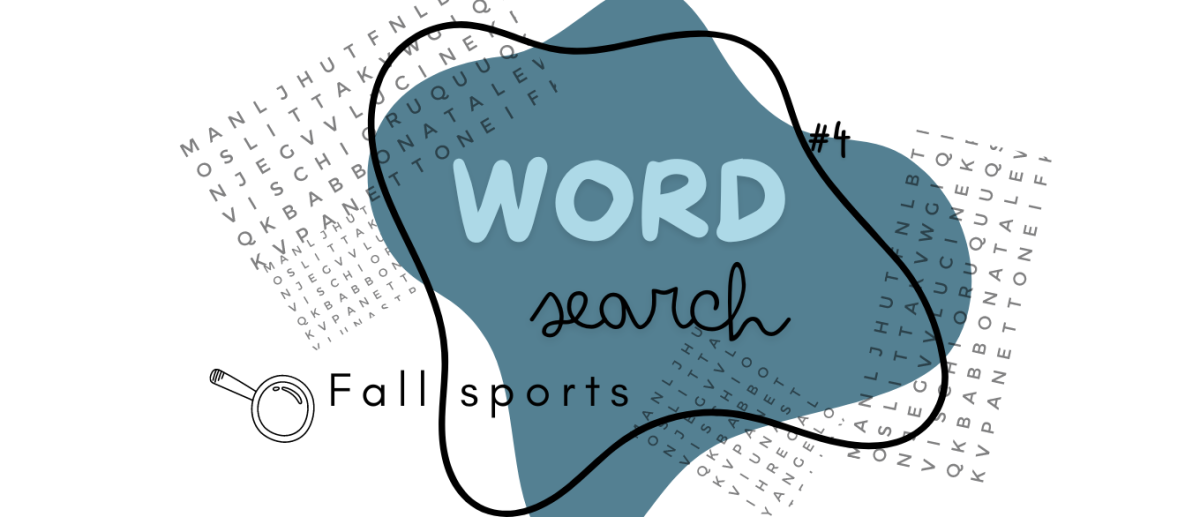
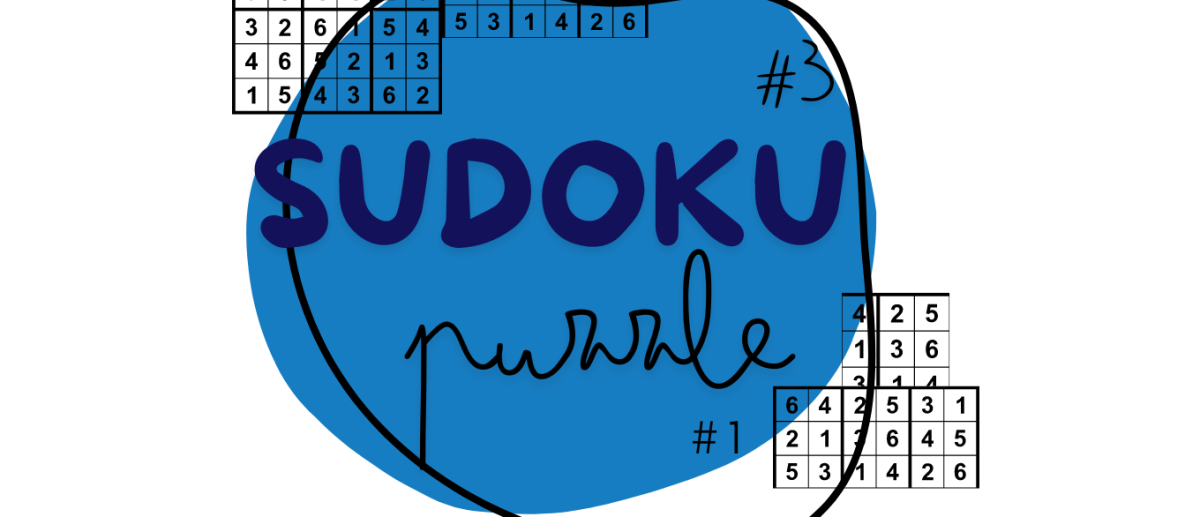
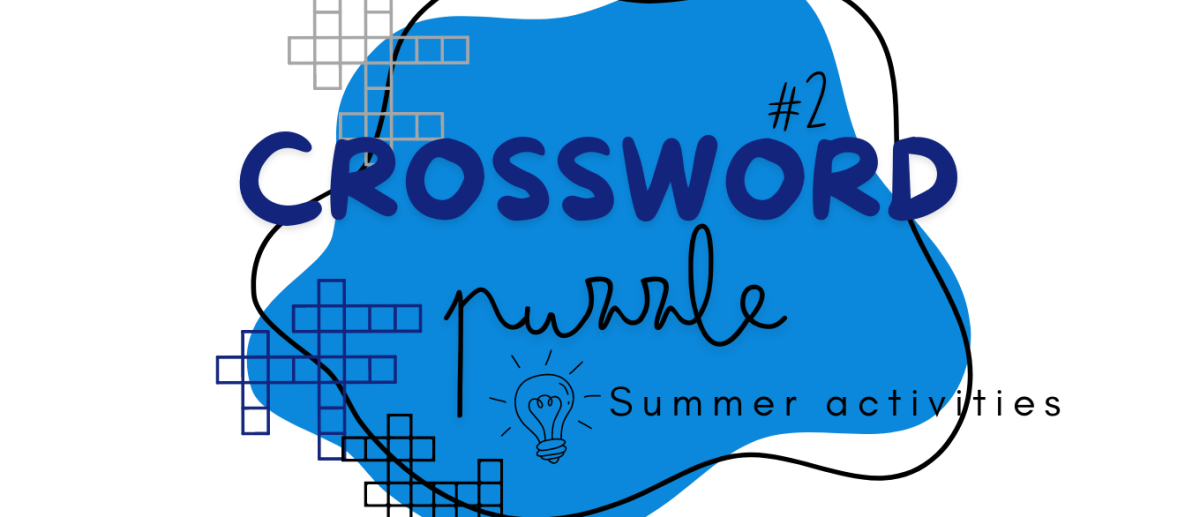


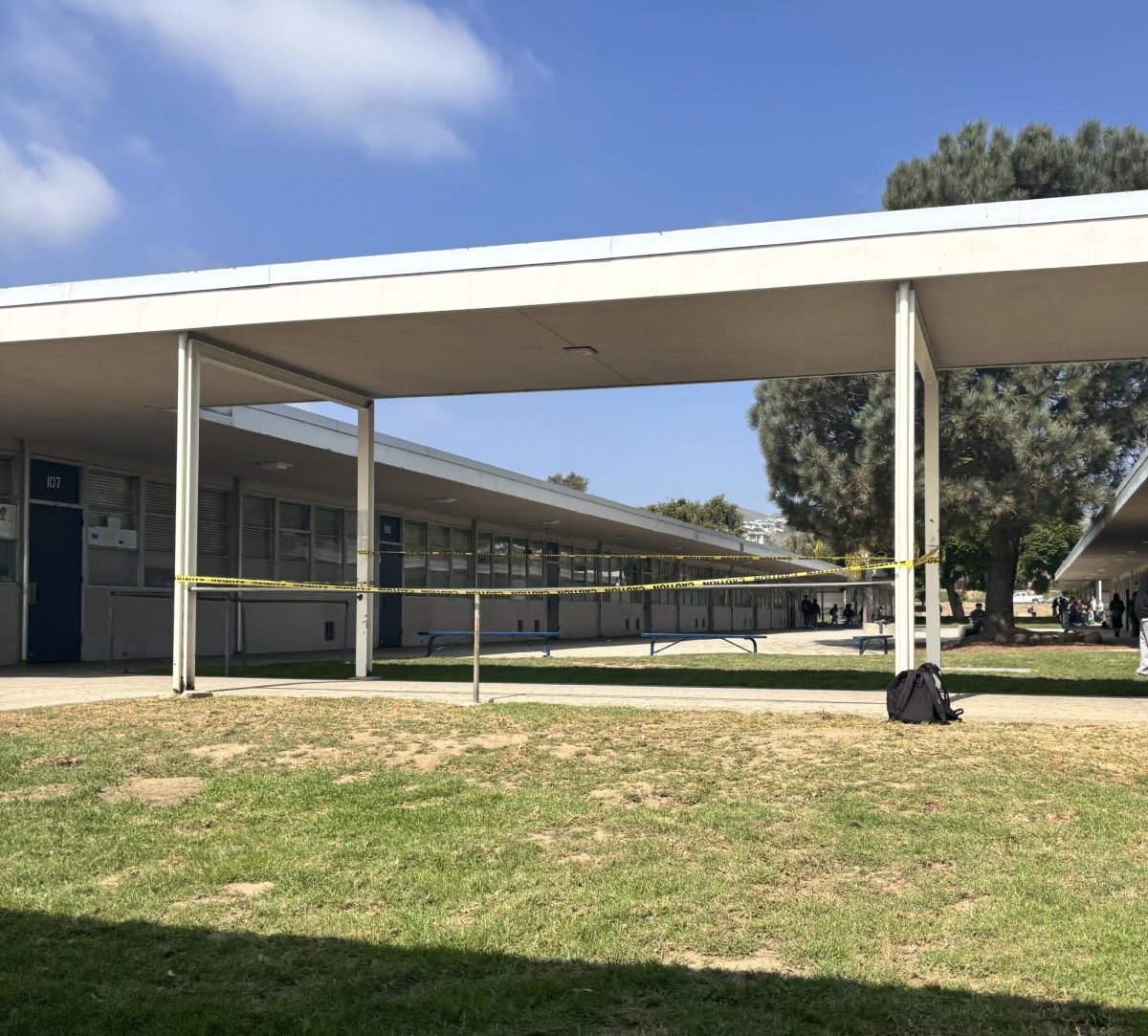
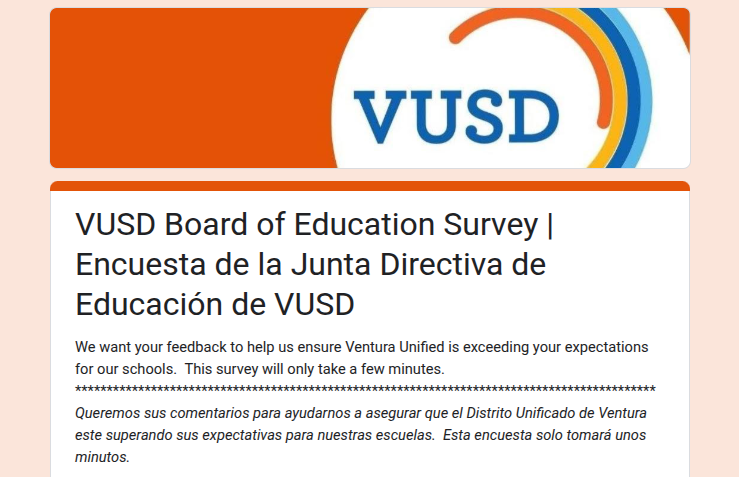
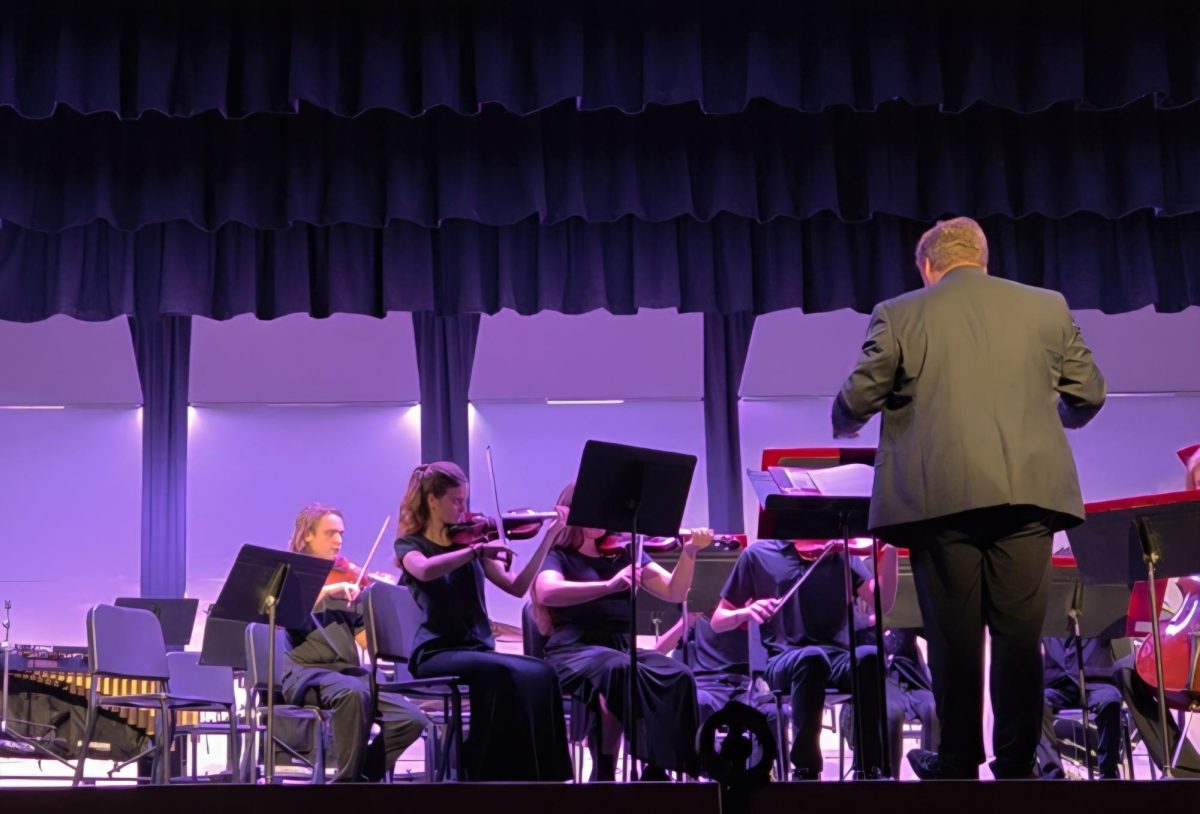
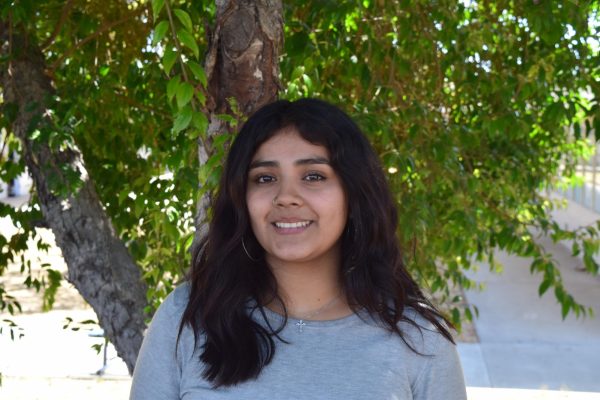
...... • Nov 22, 2024 at 12:55 pm
nice to know the school is doing something about this
… • Nov 15, 2024 at 1:29 pm
Are we going to know about the types of people getting in these fights? Not to point the finger but usually the people getting in fights have something in common.